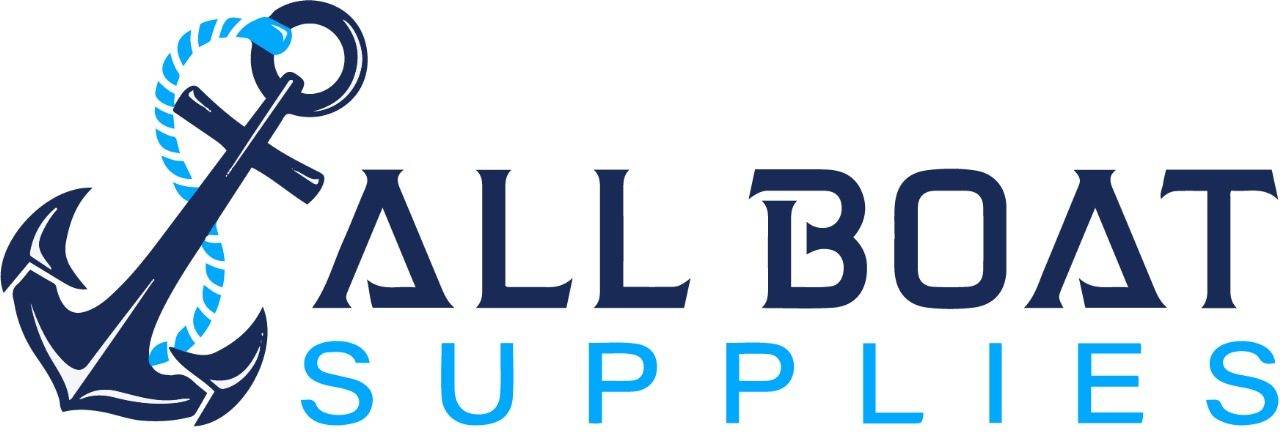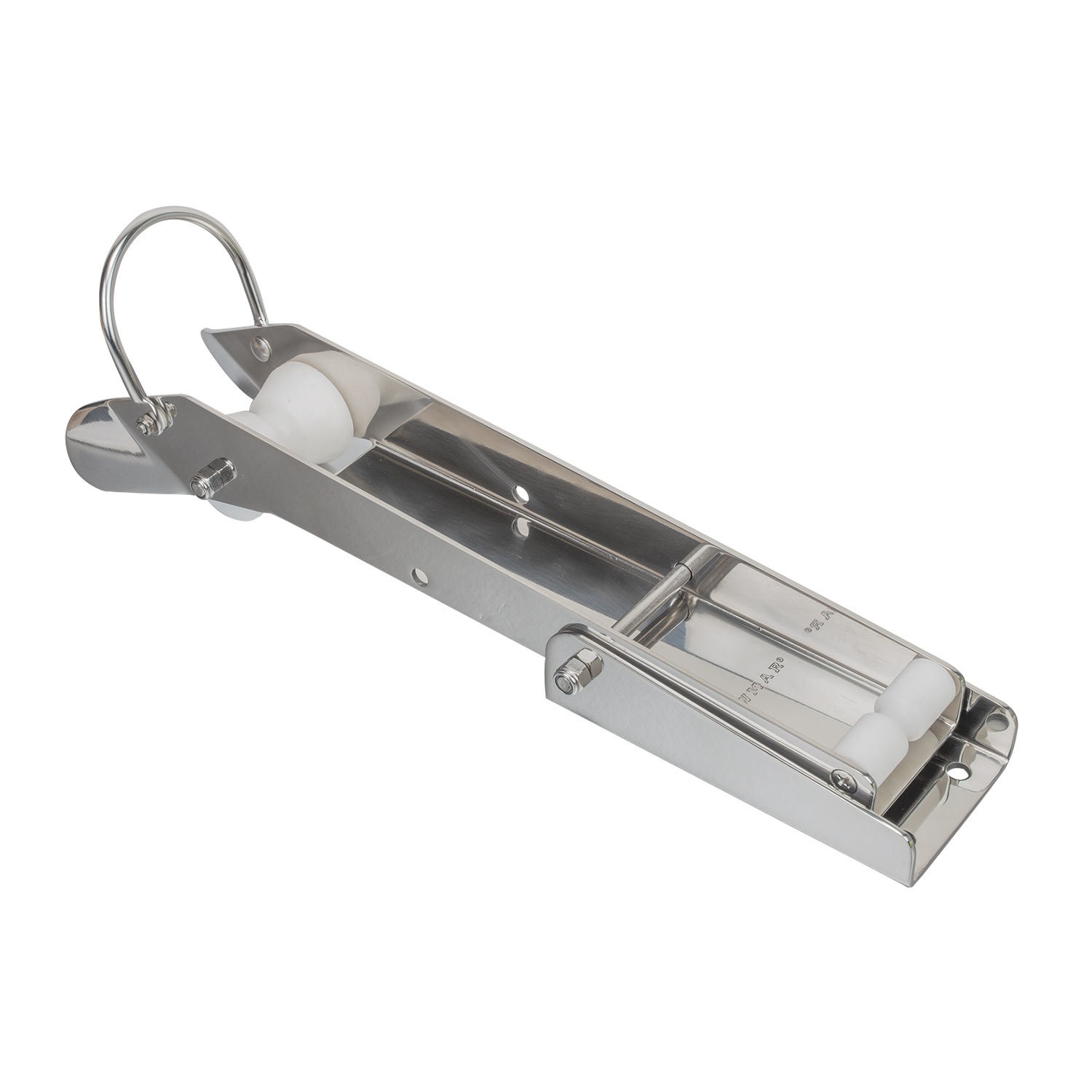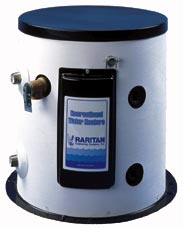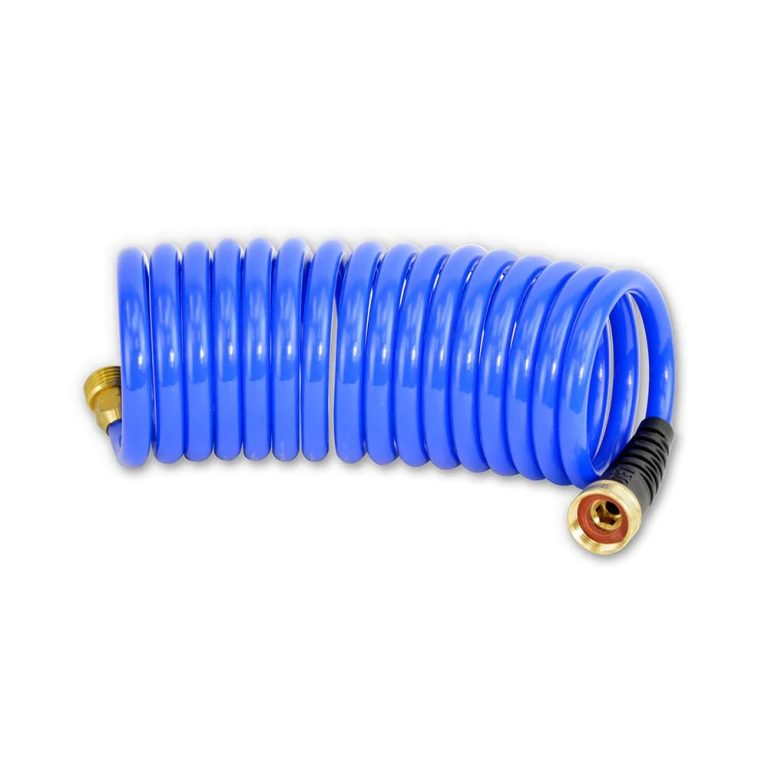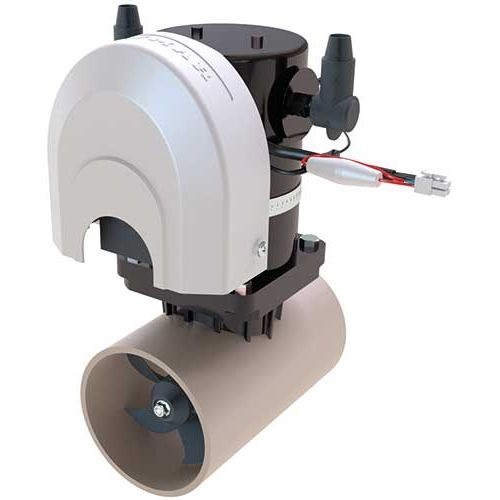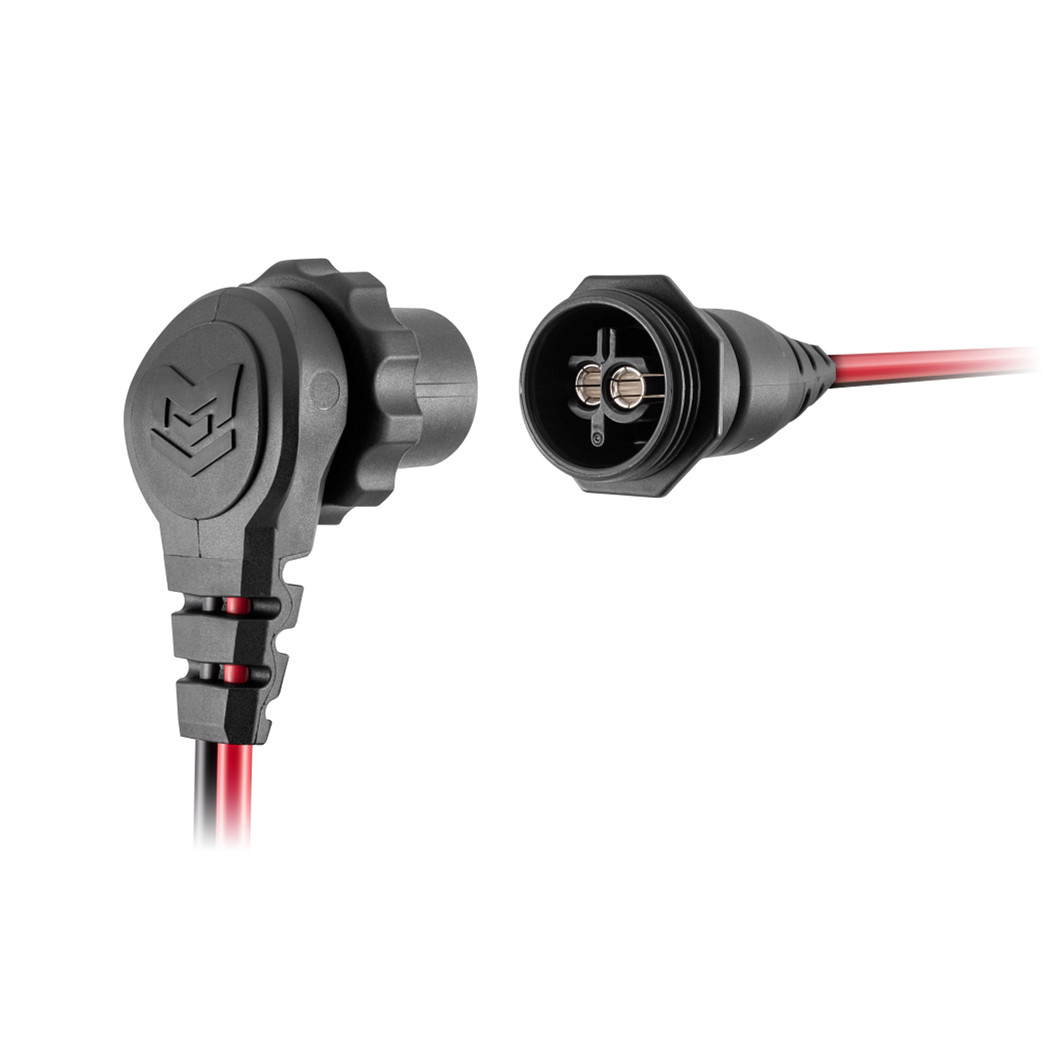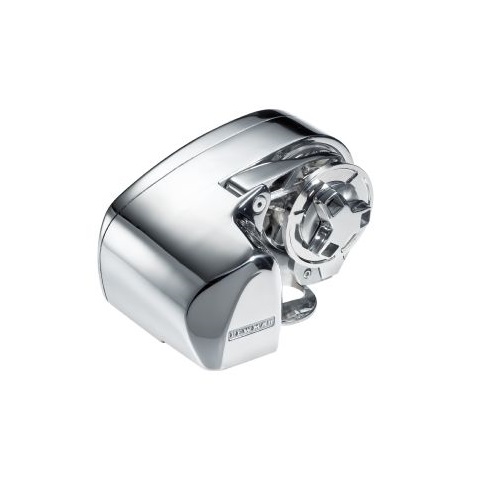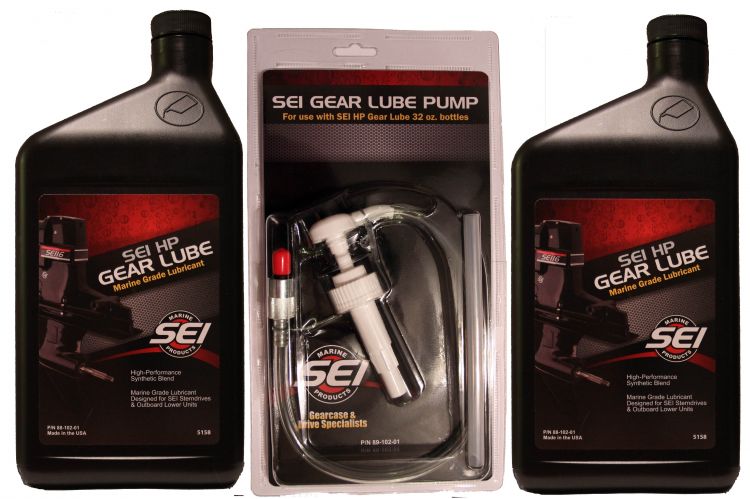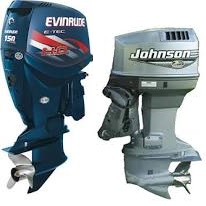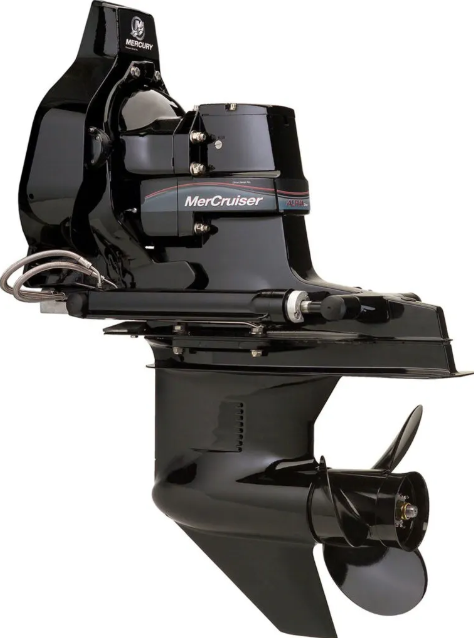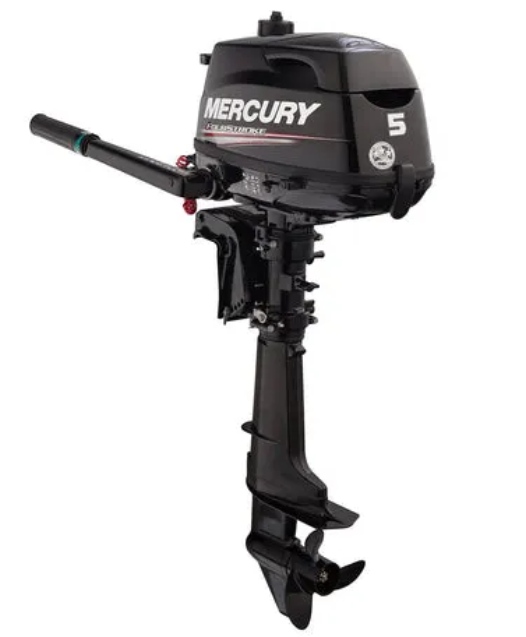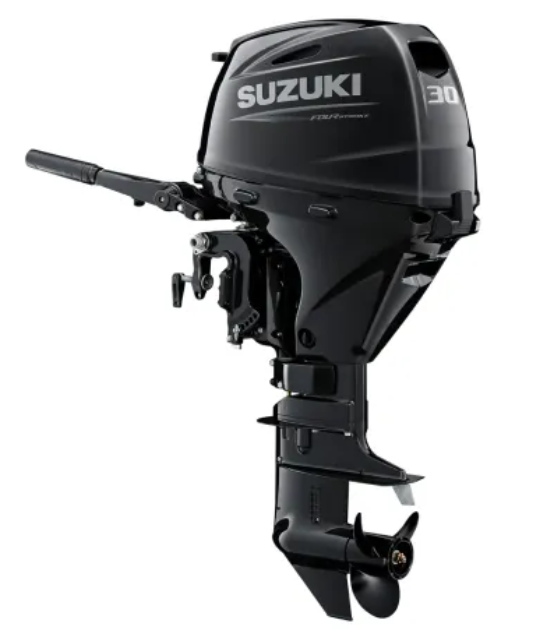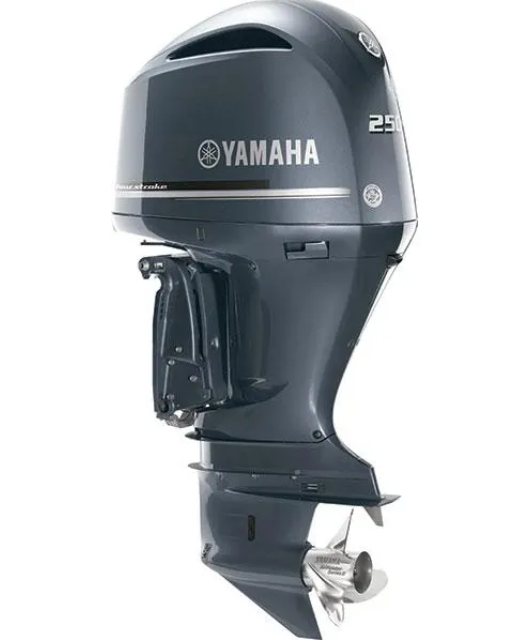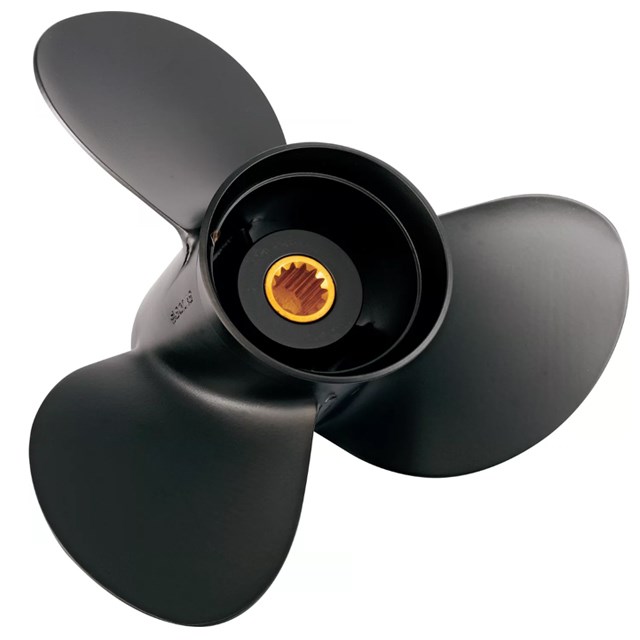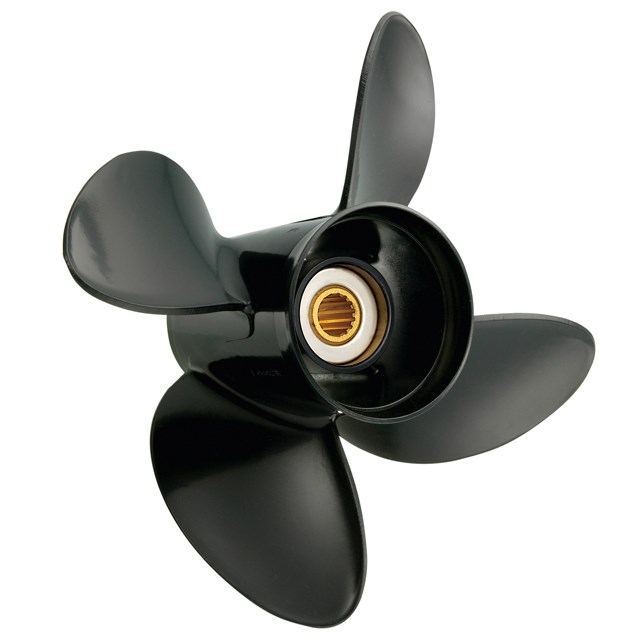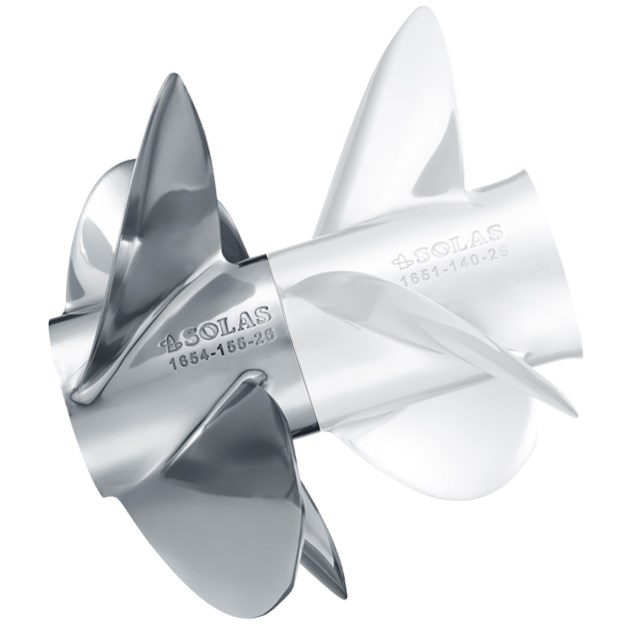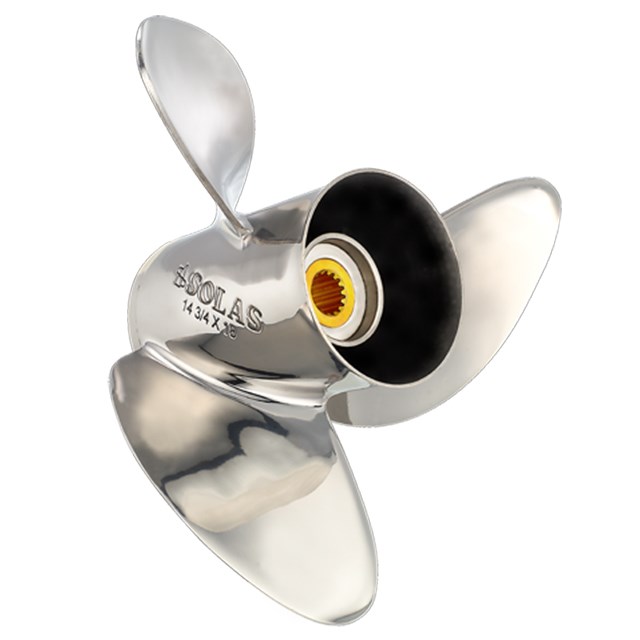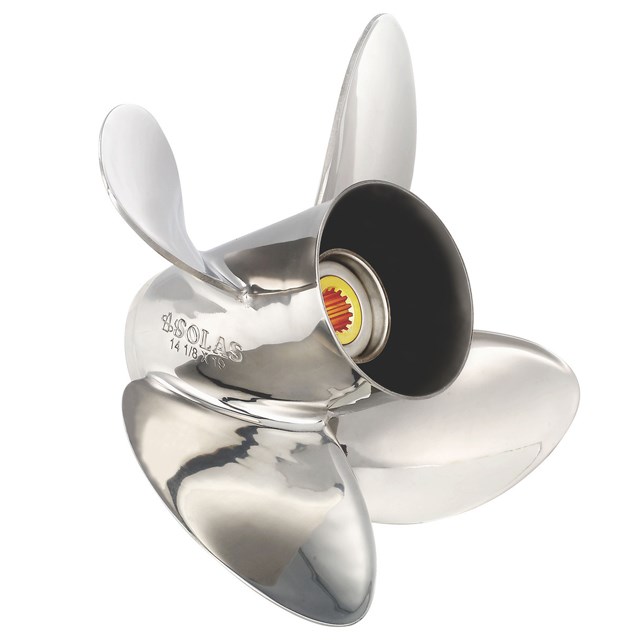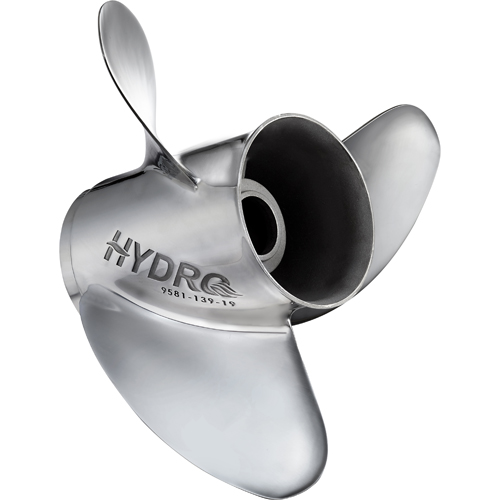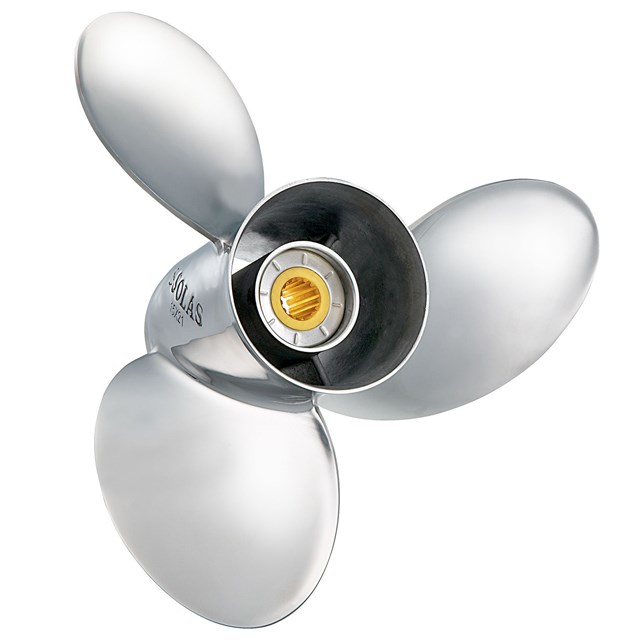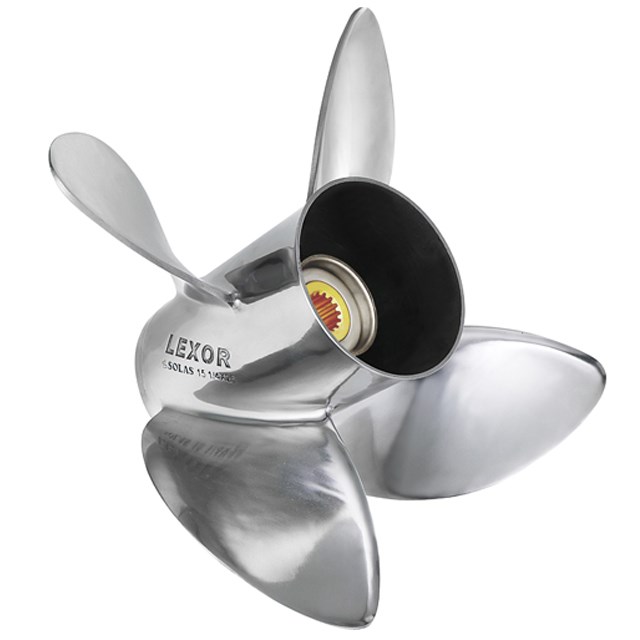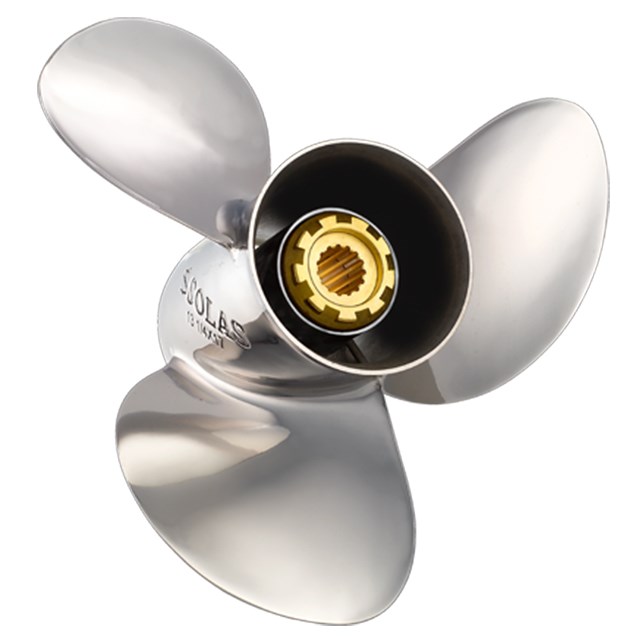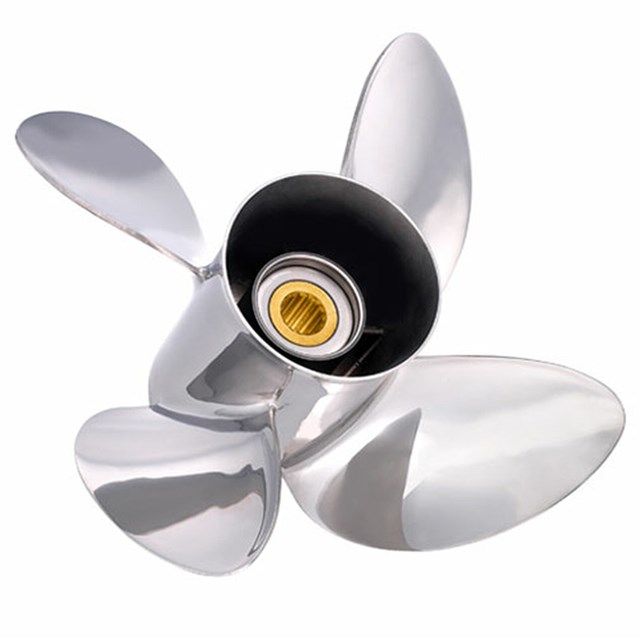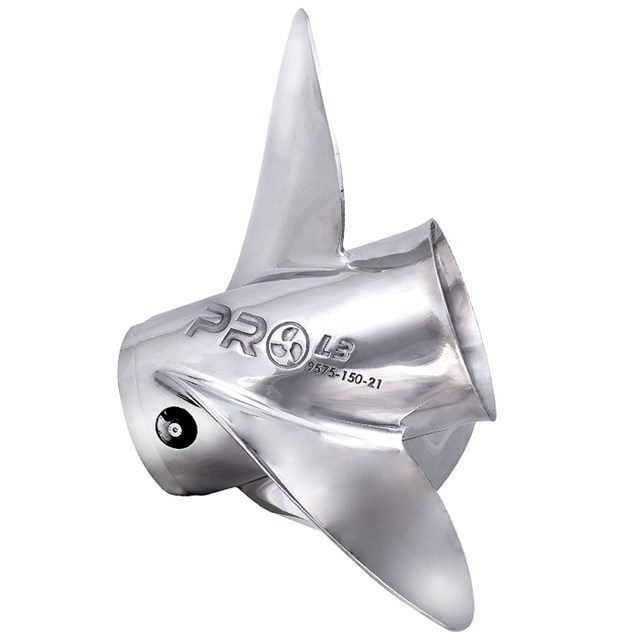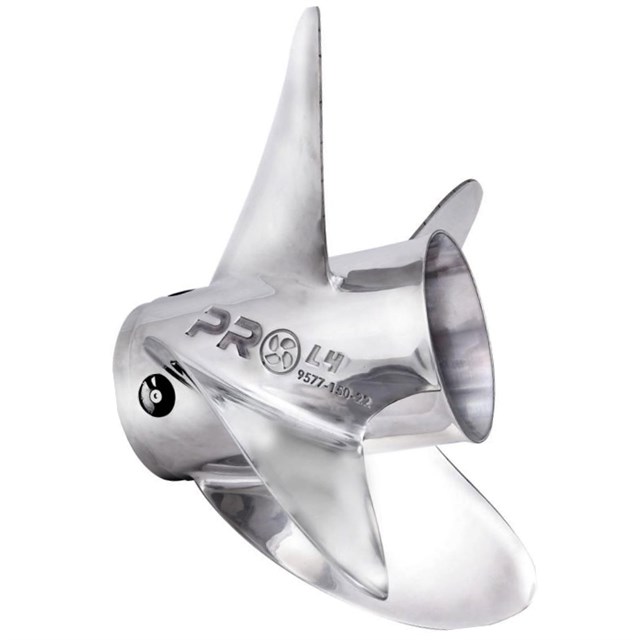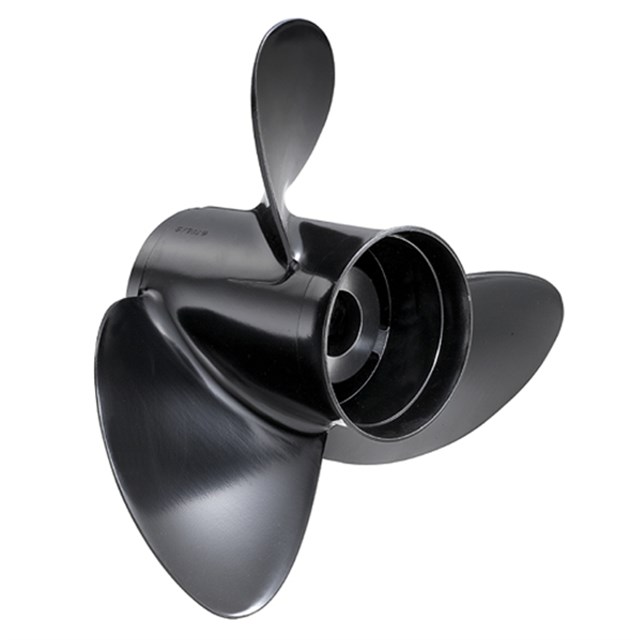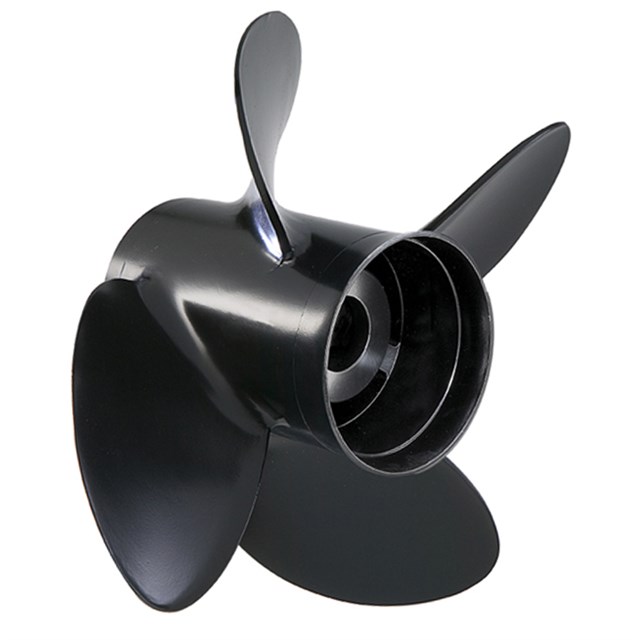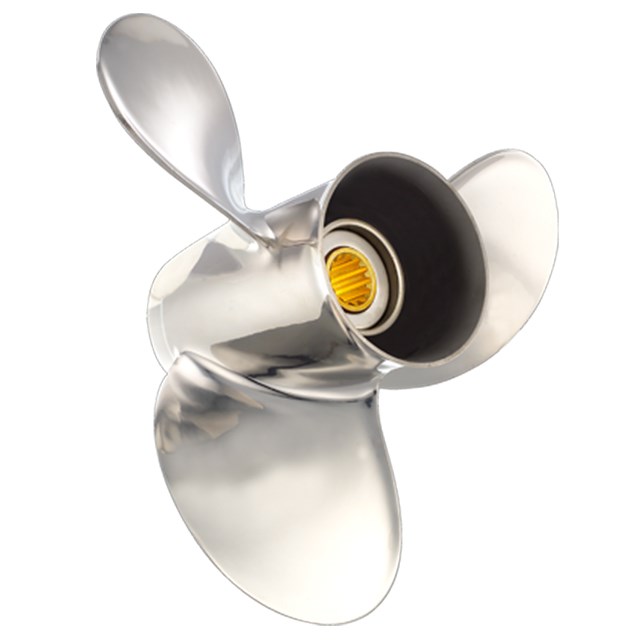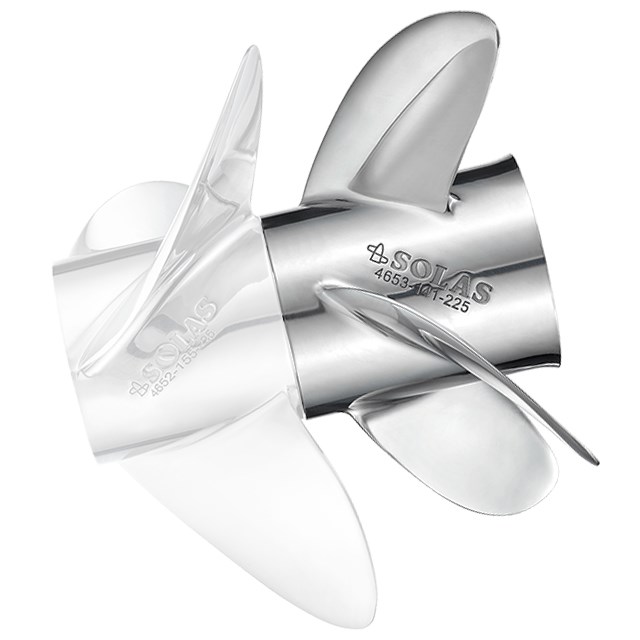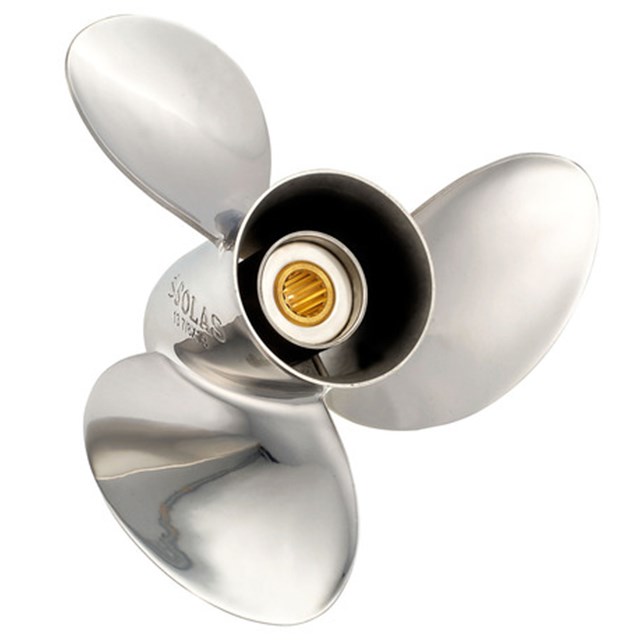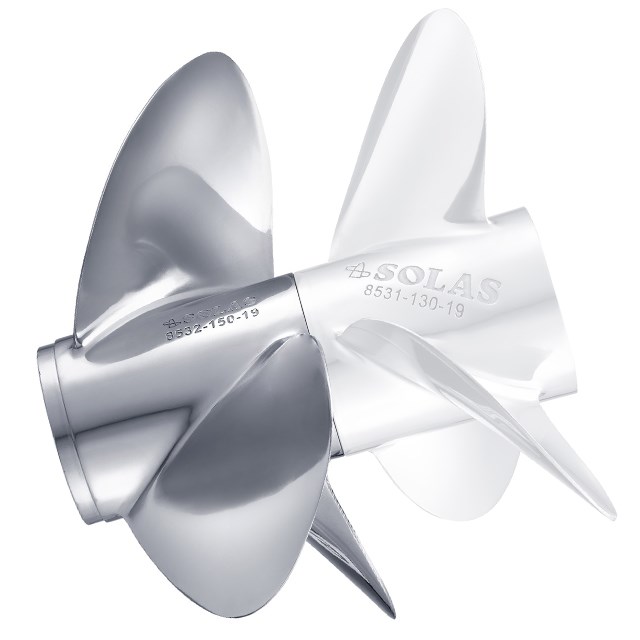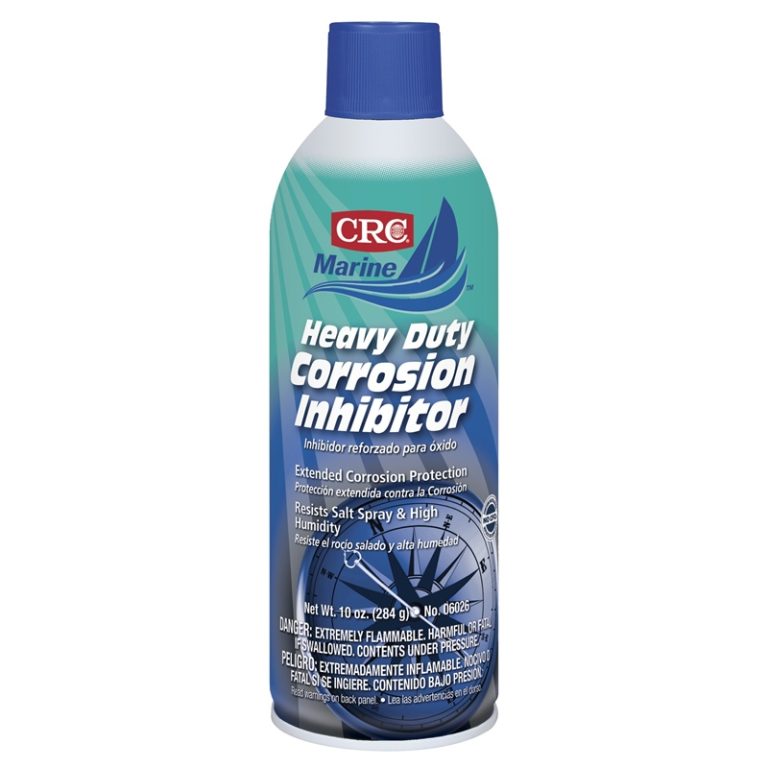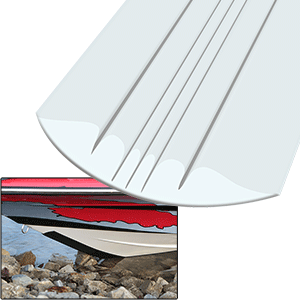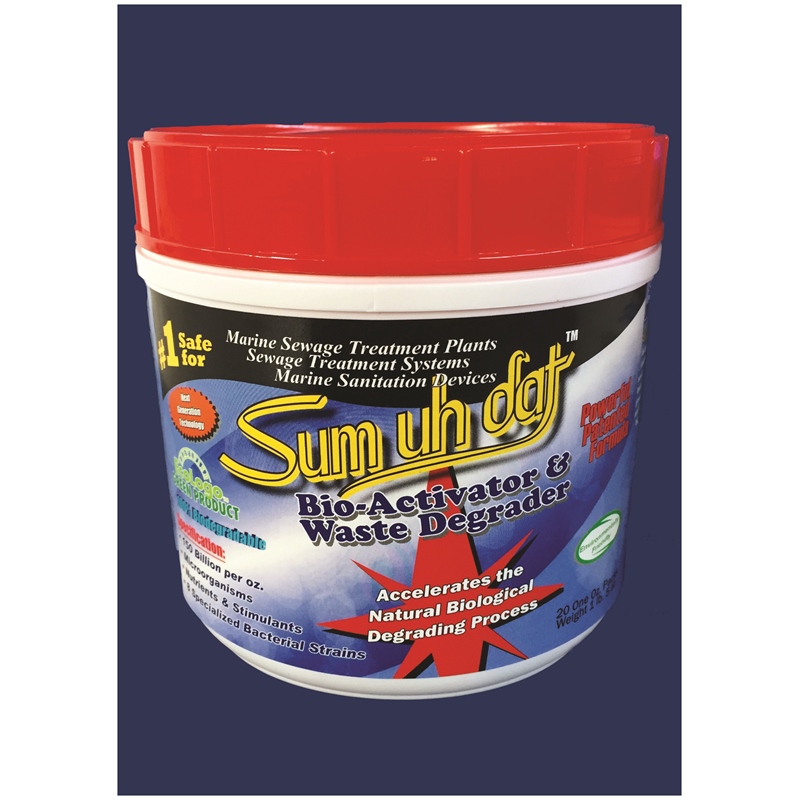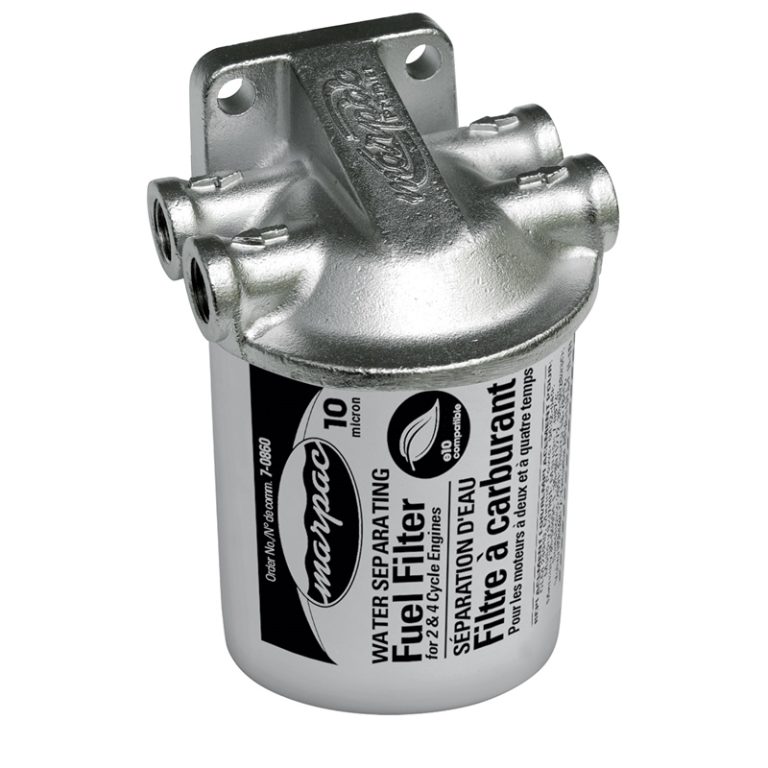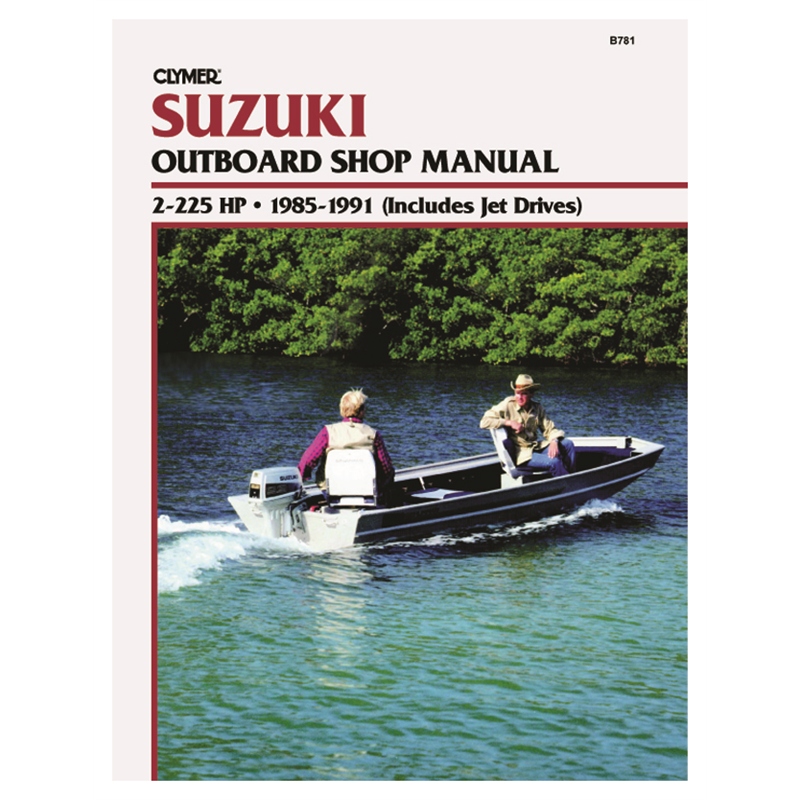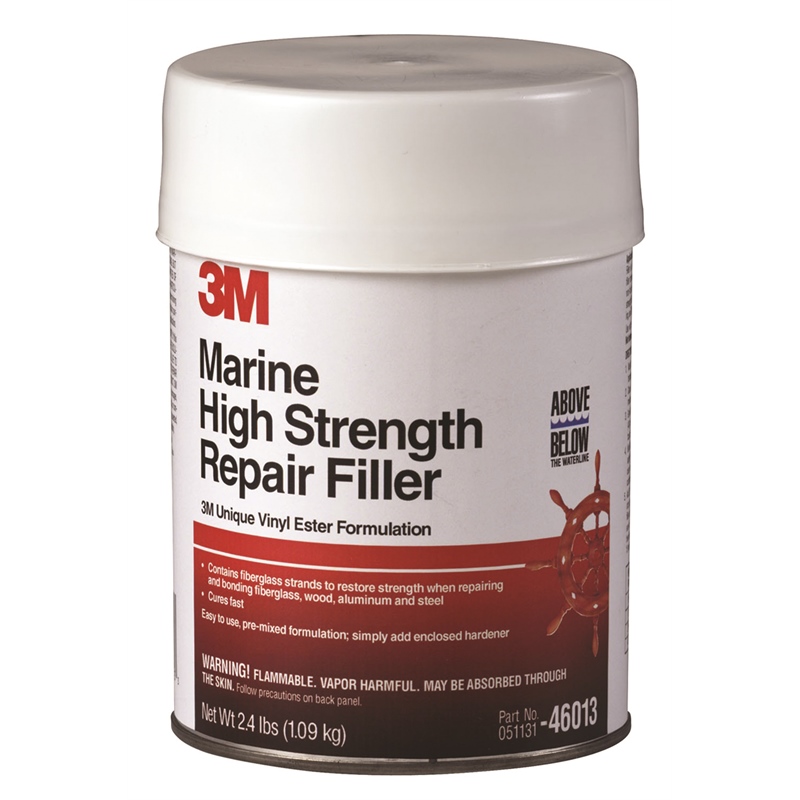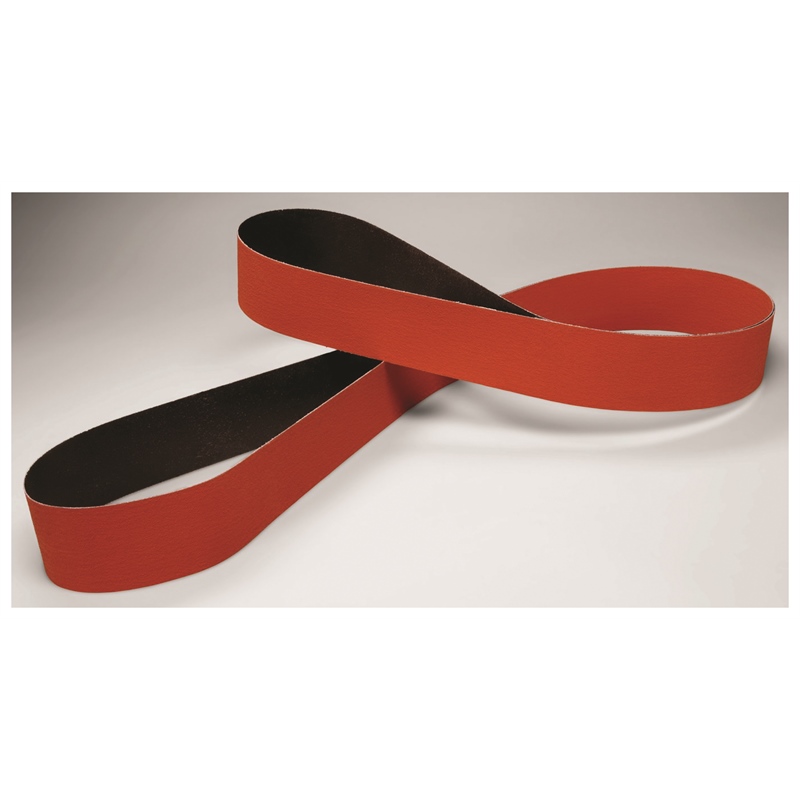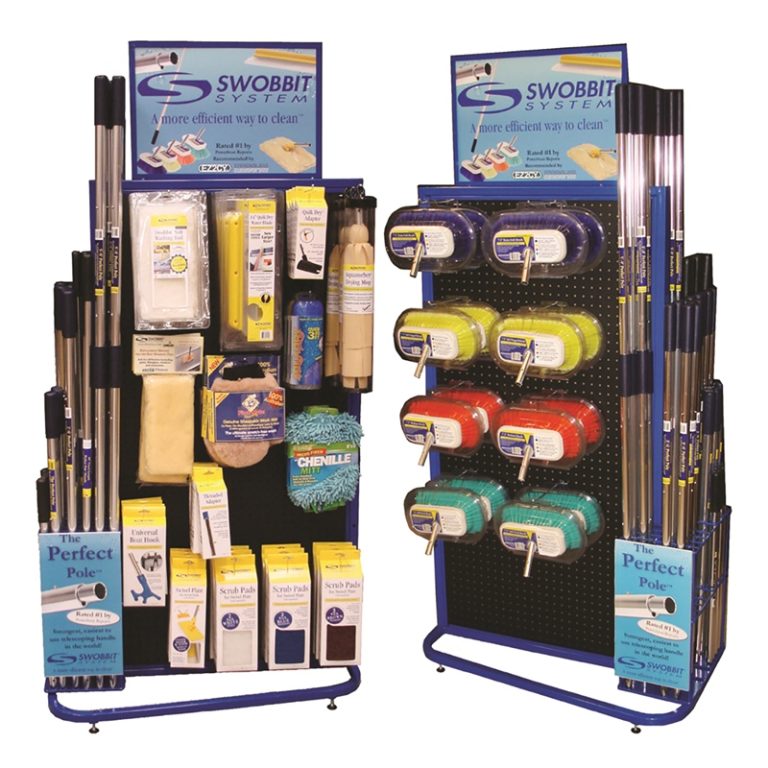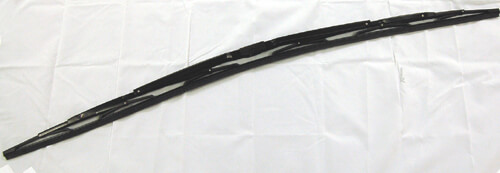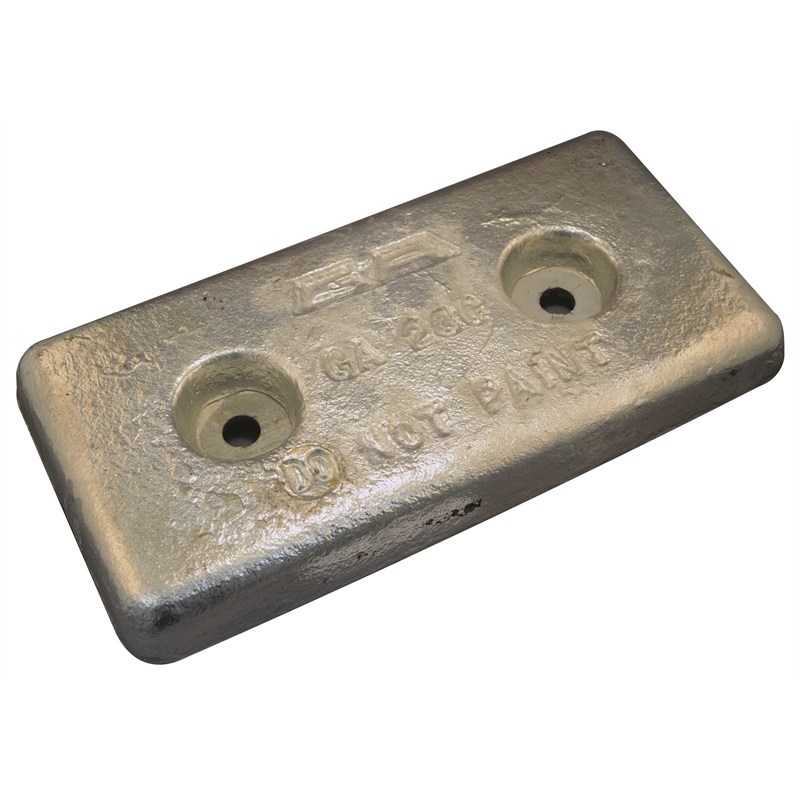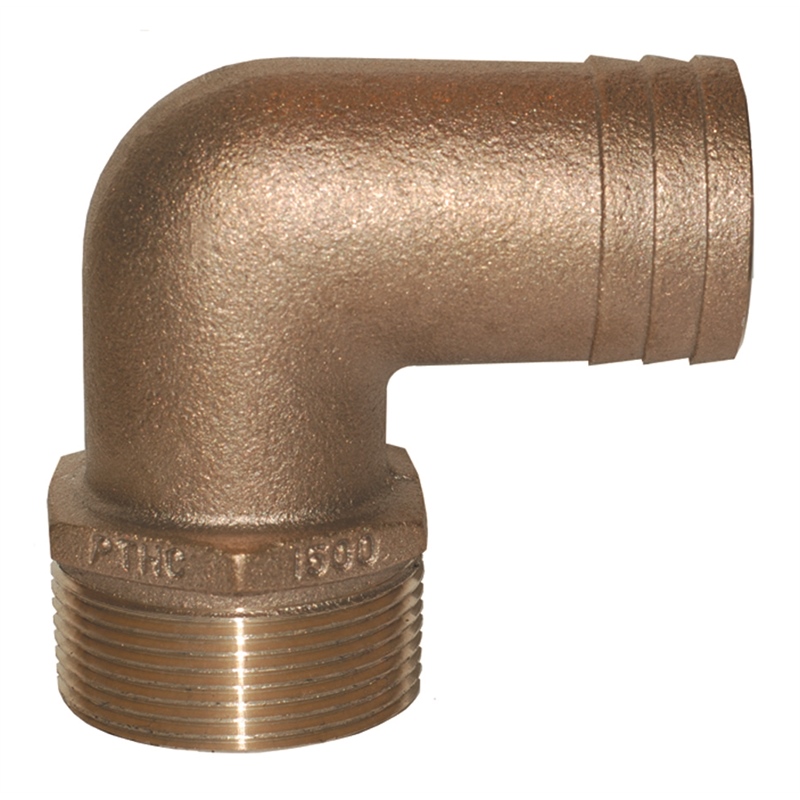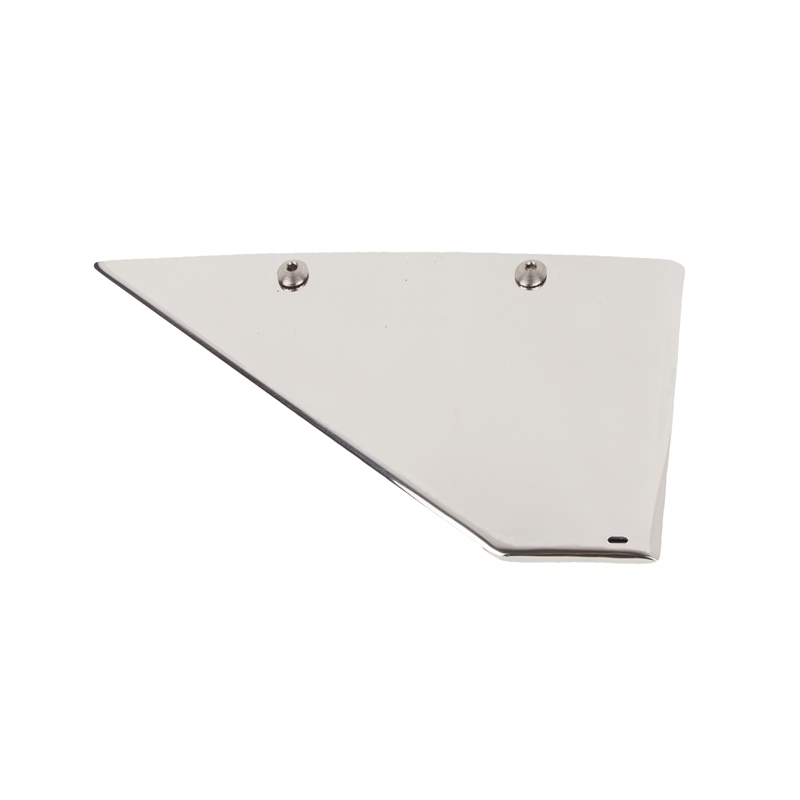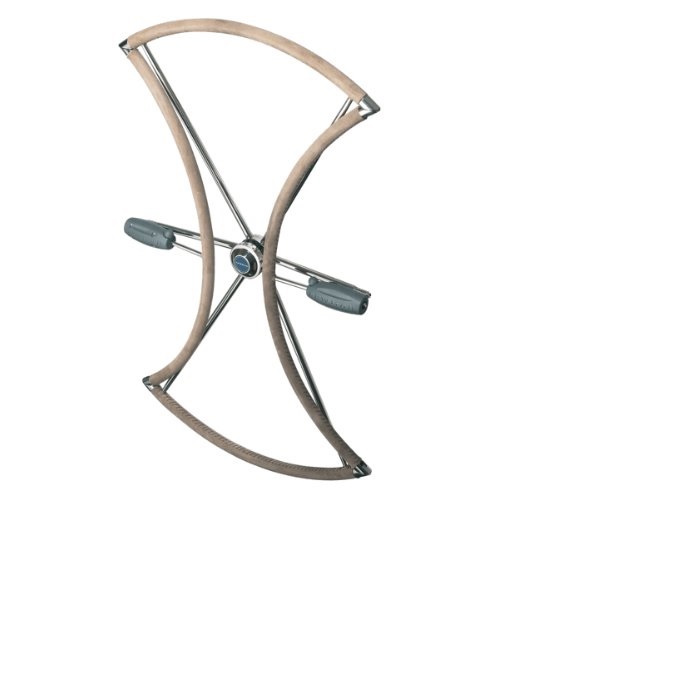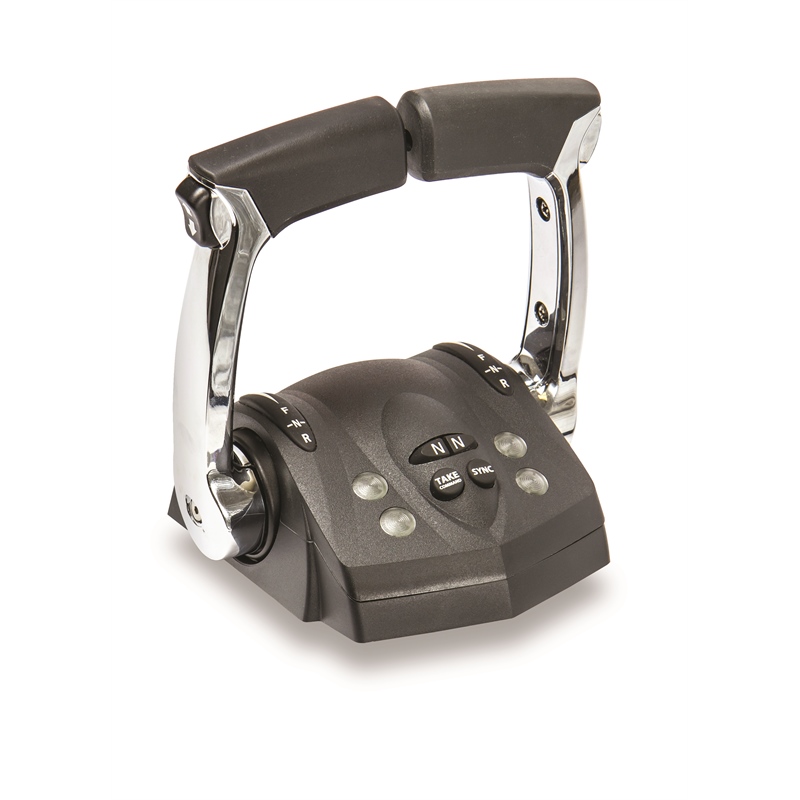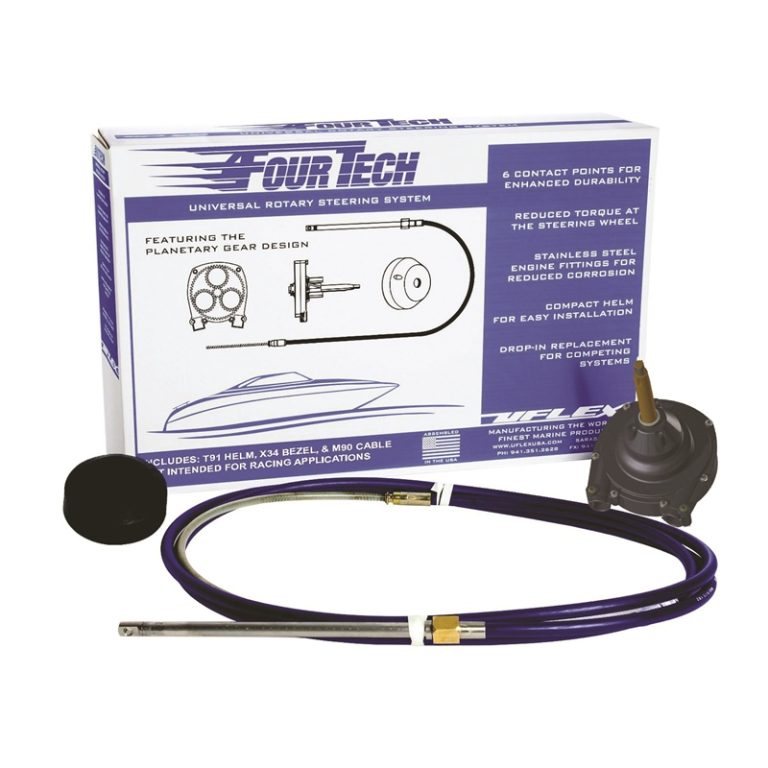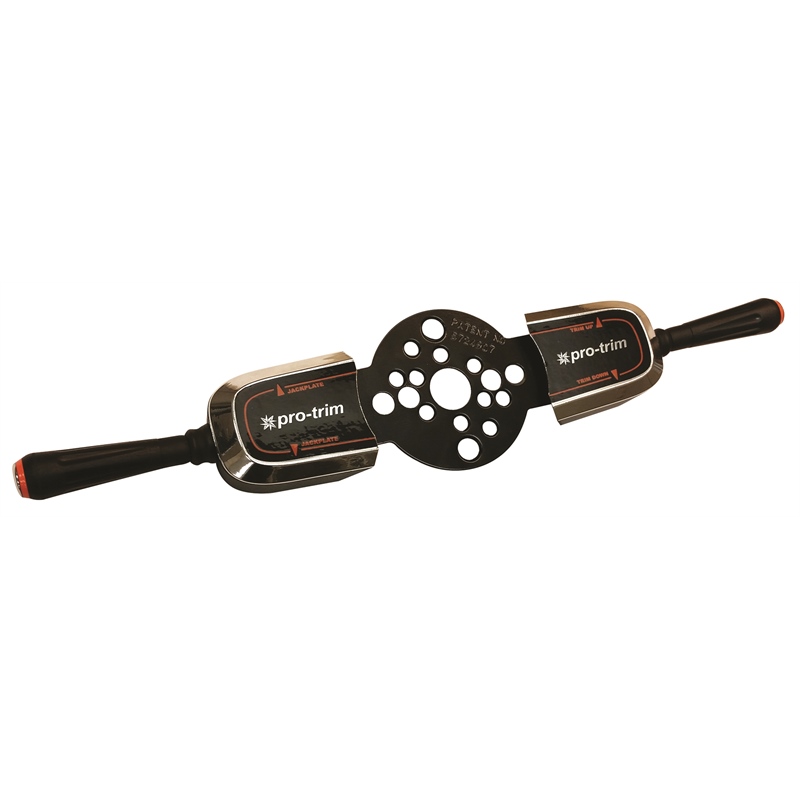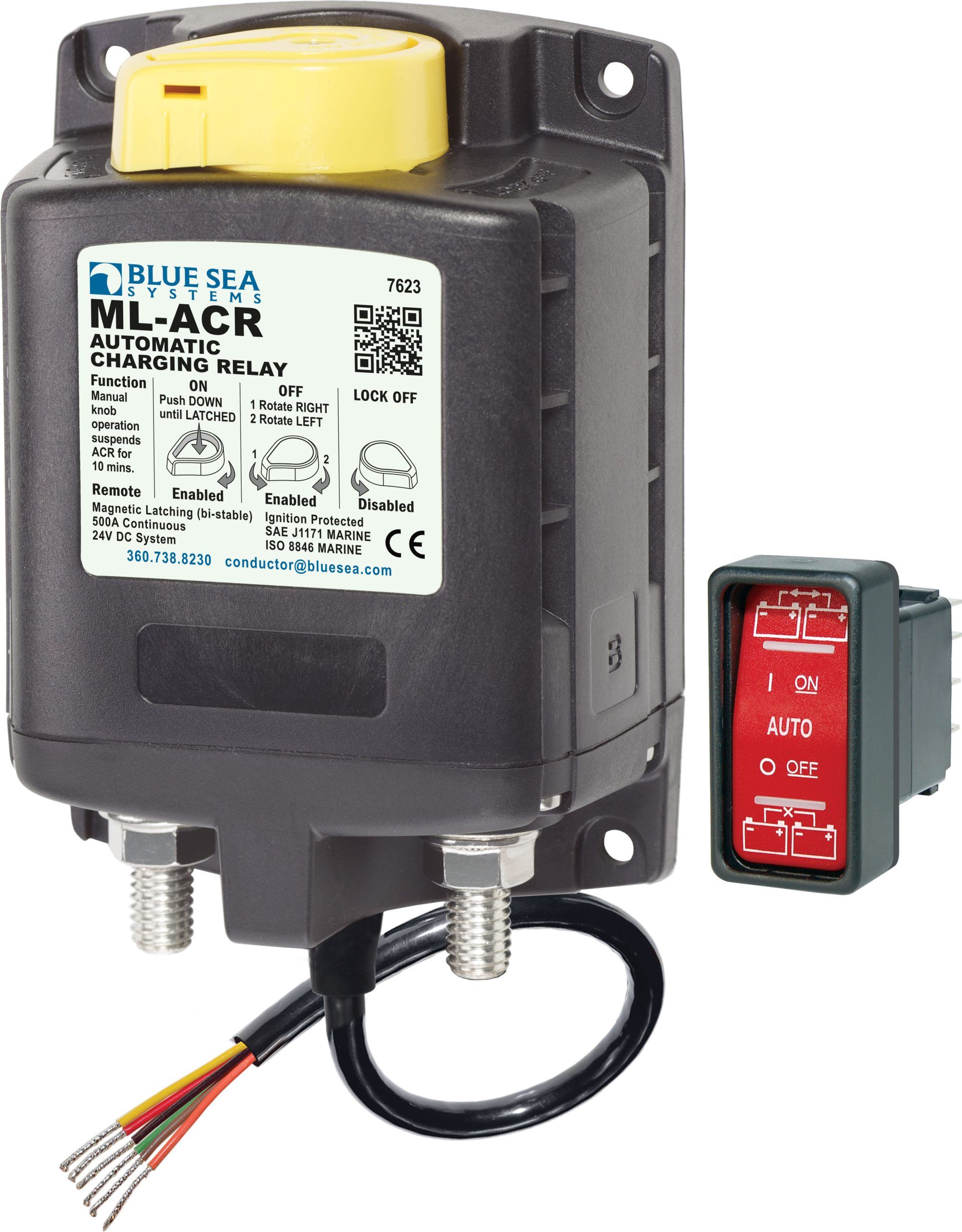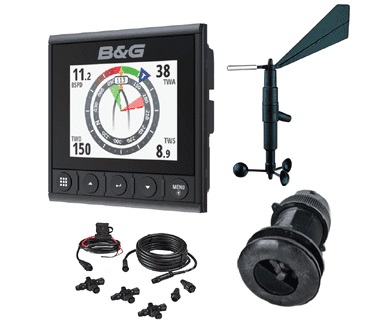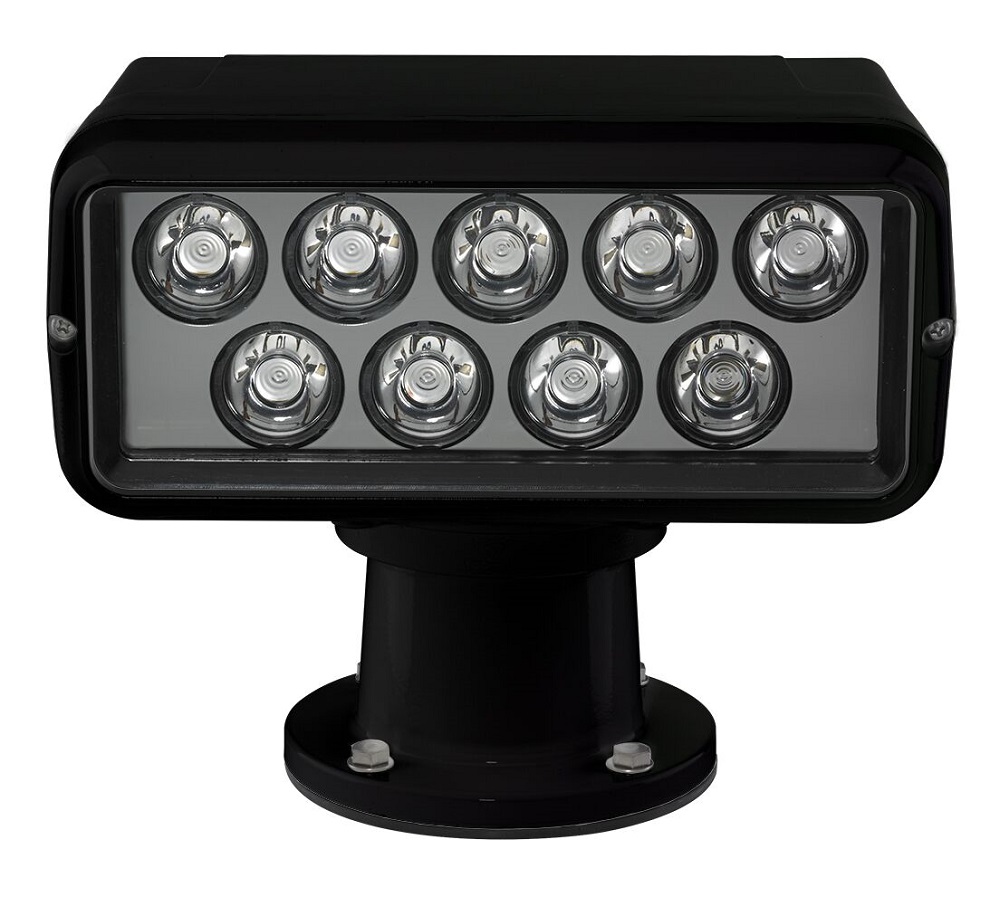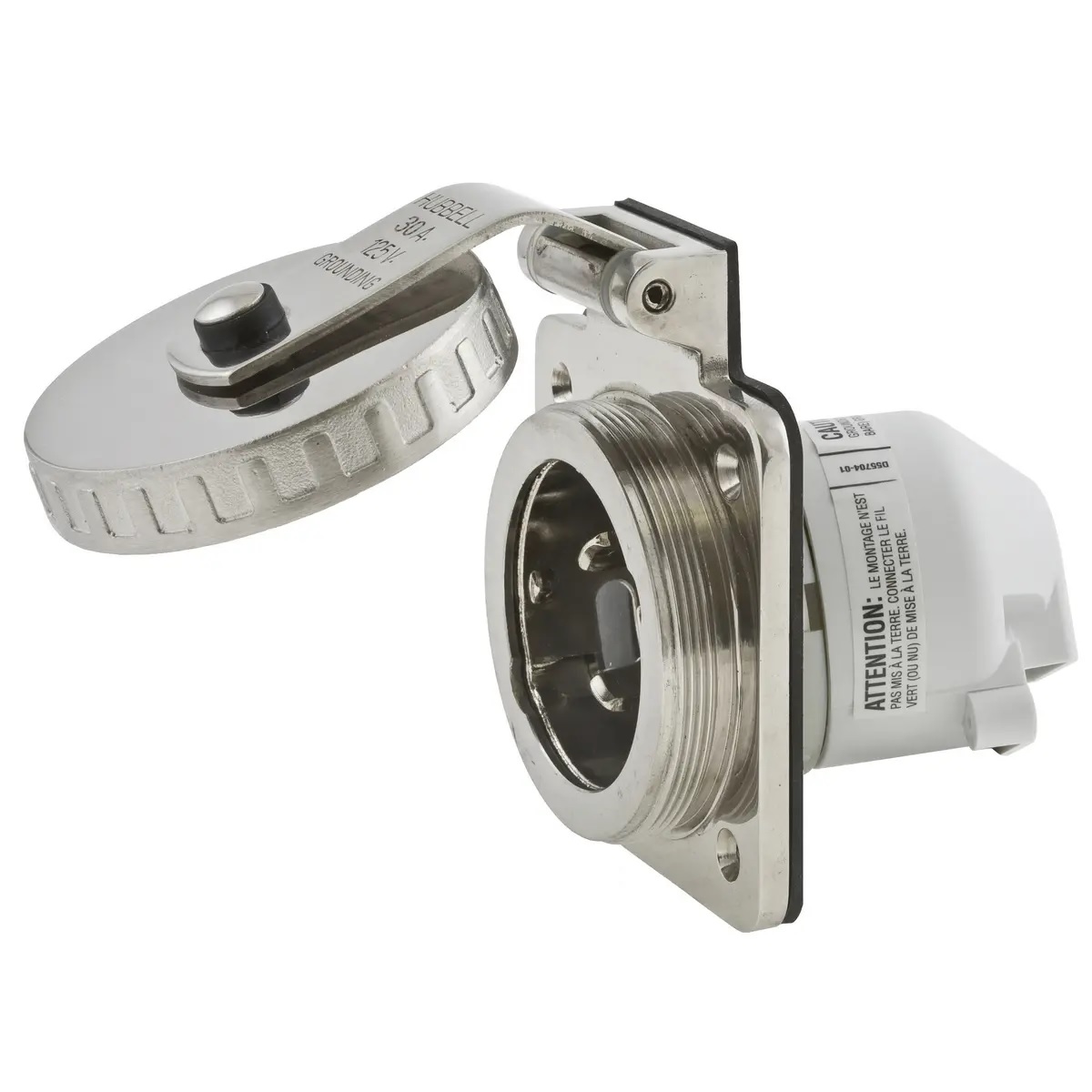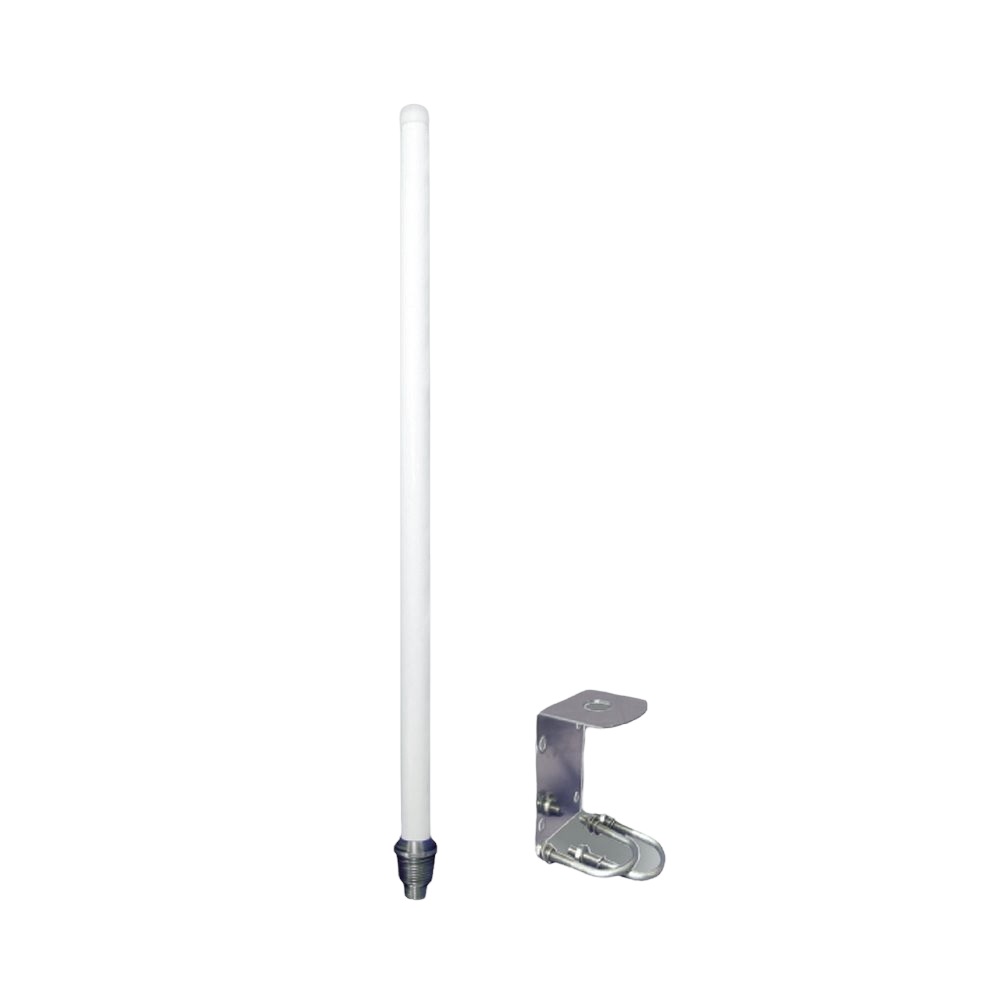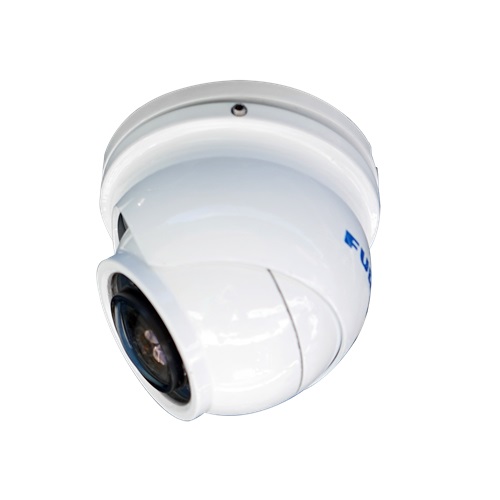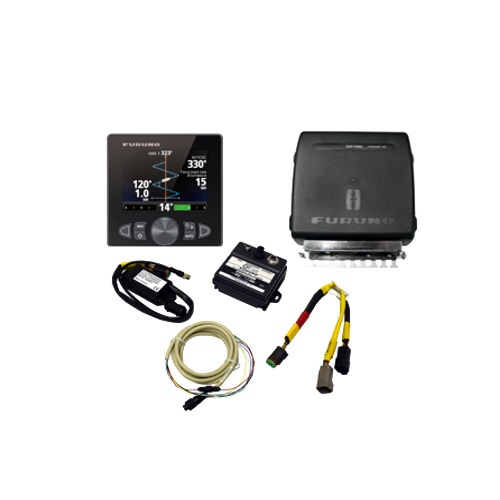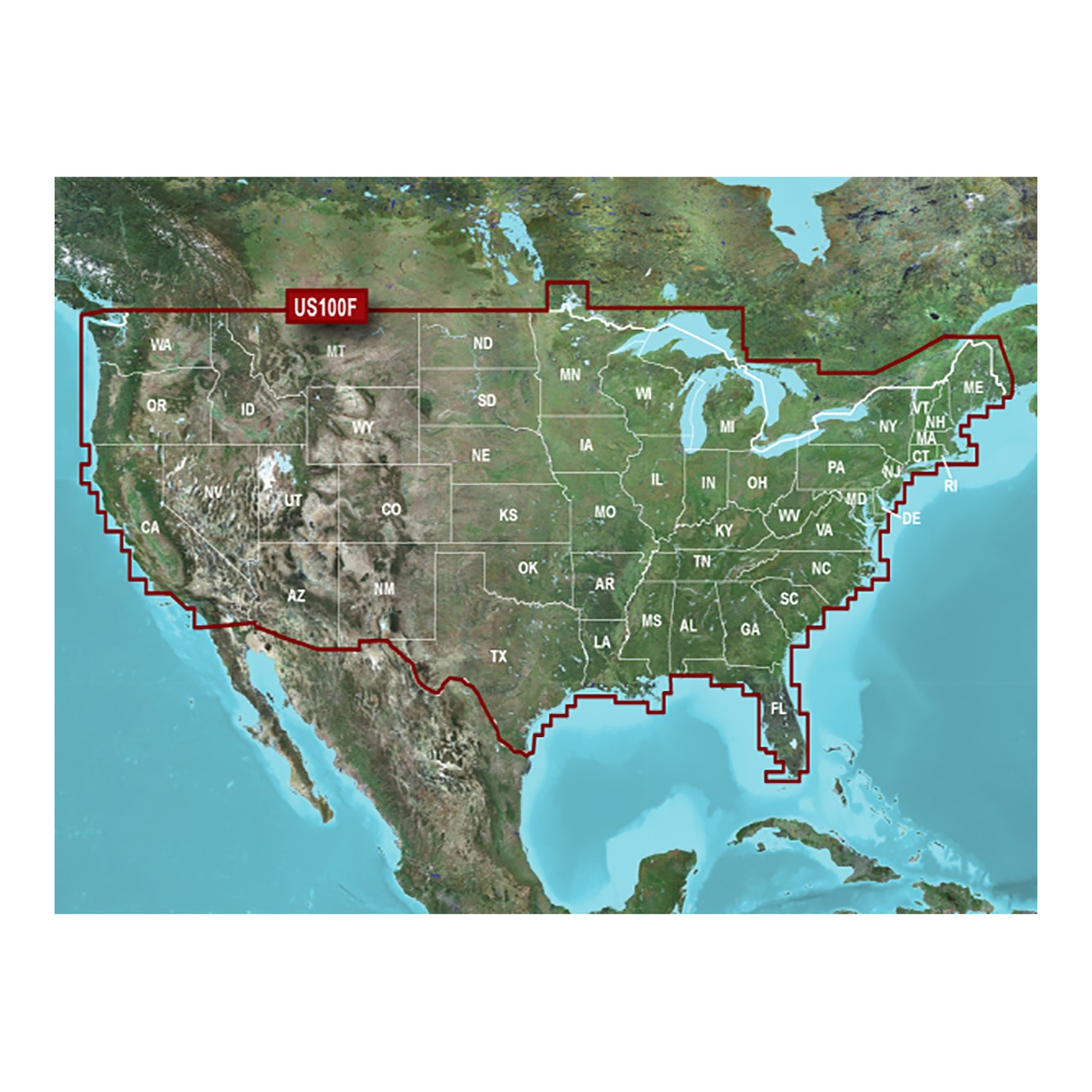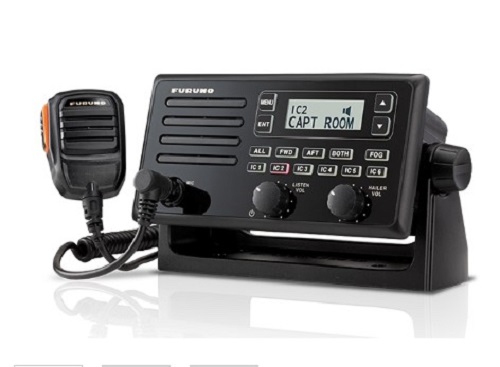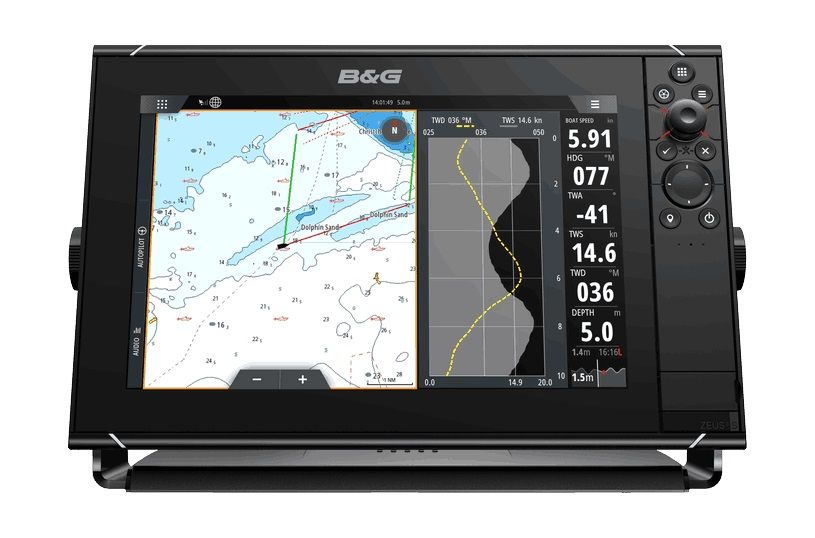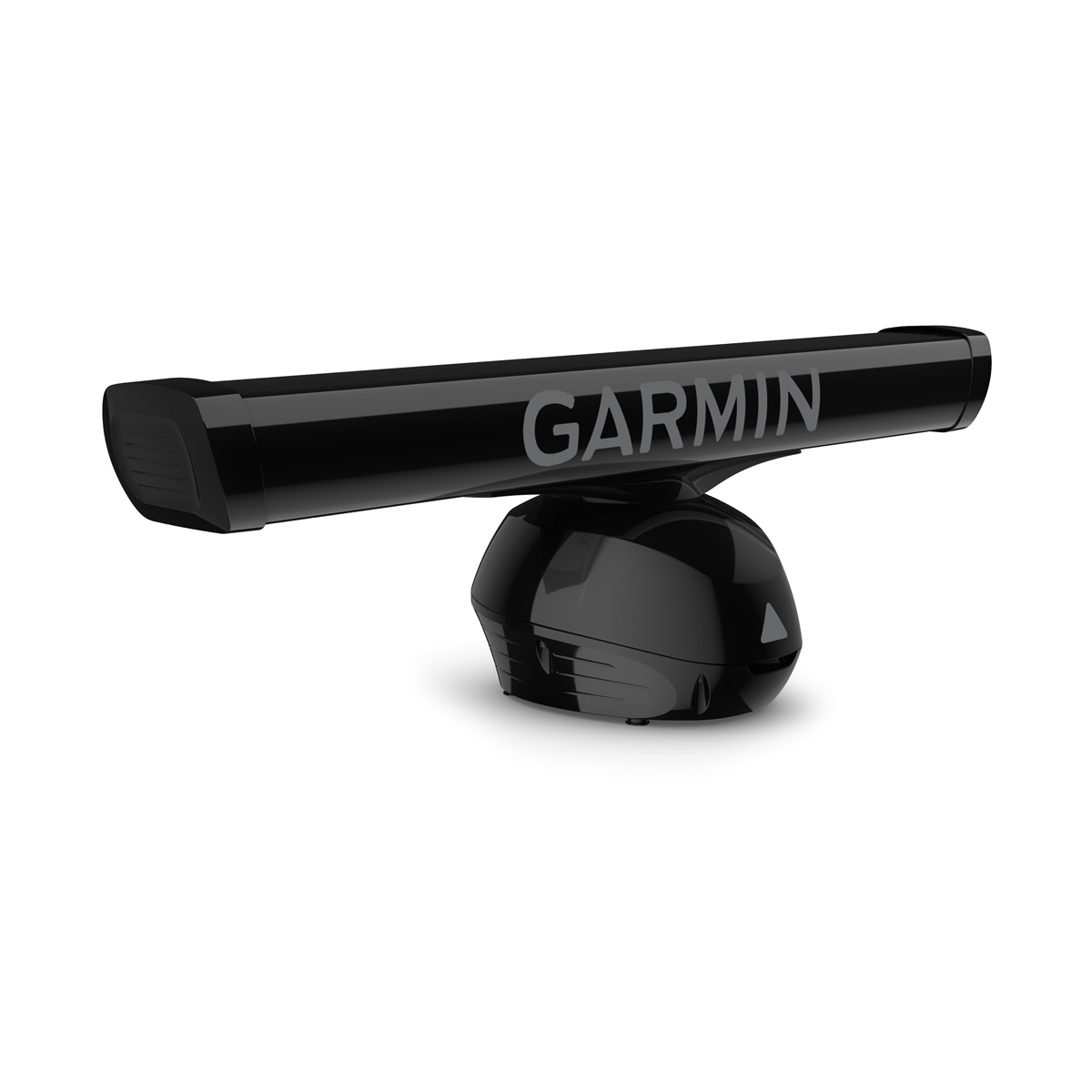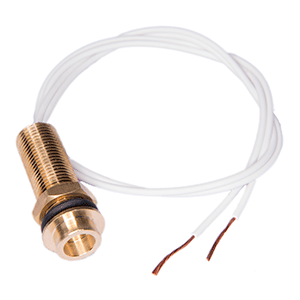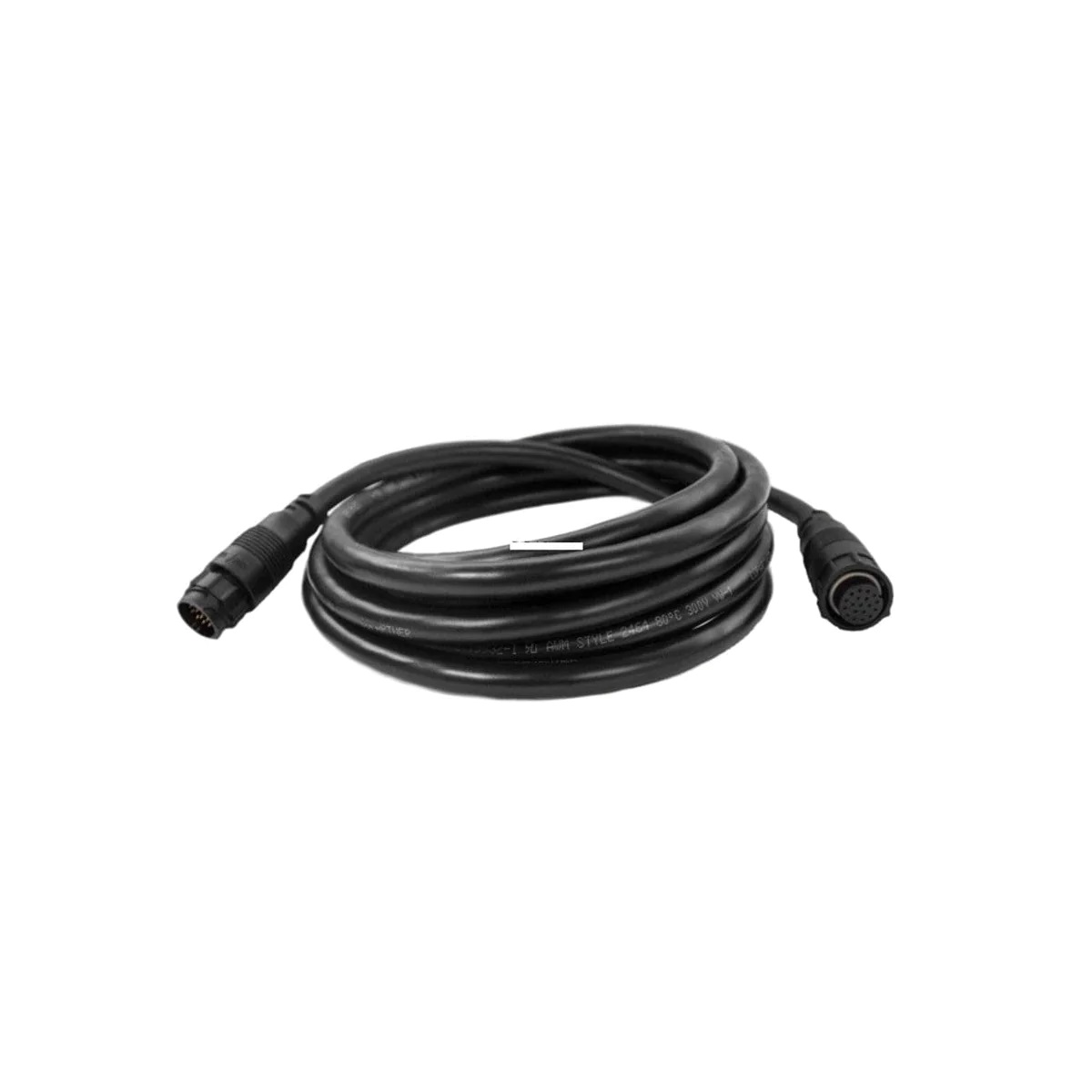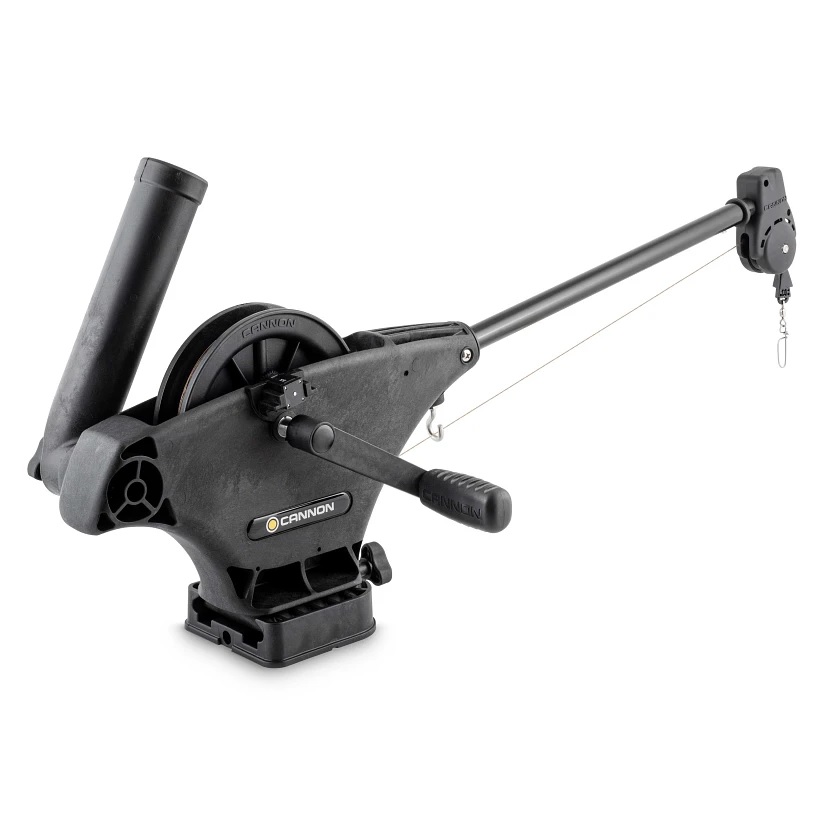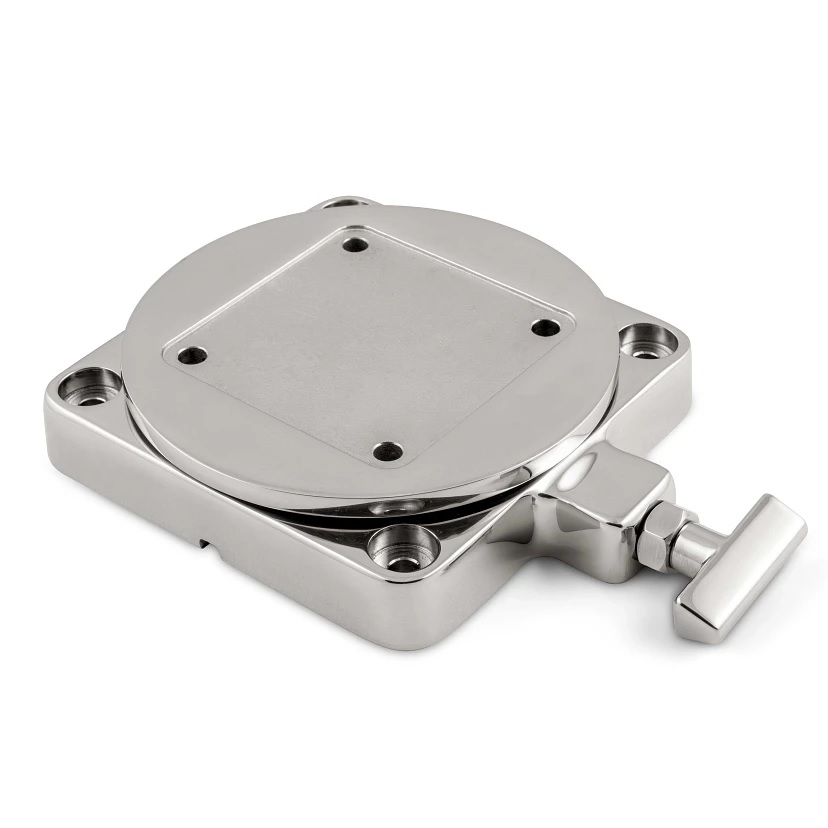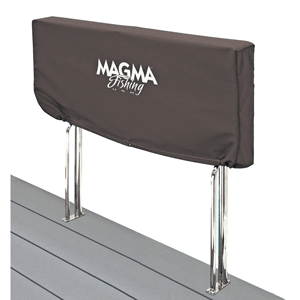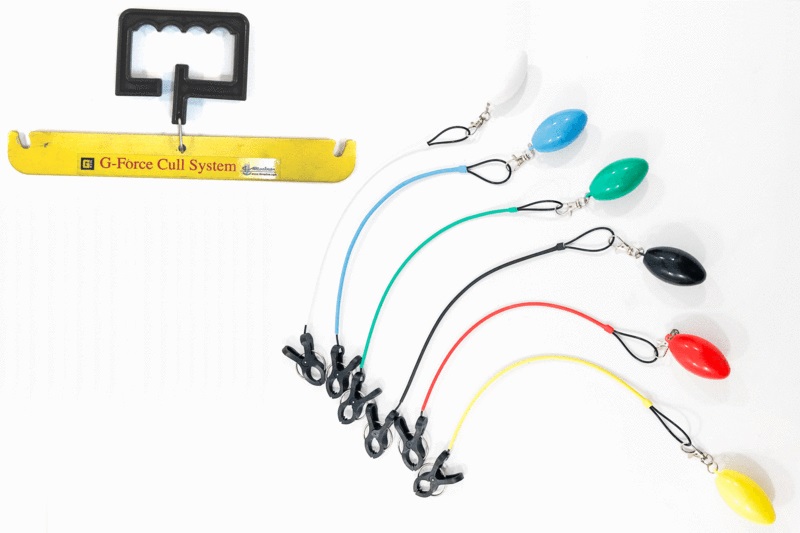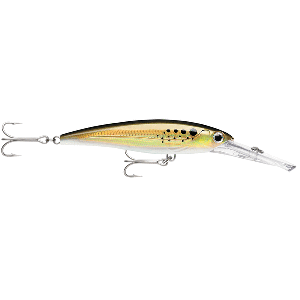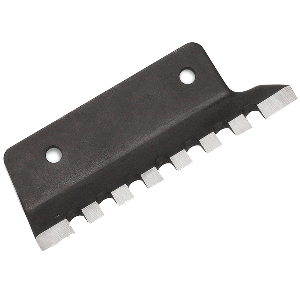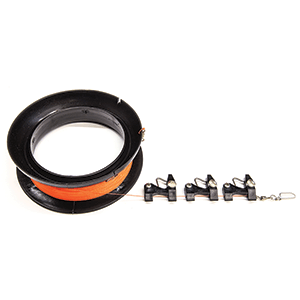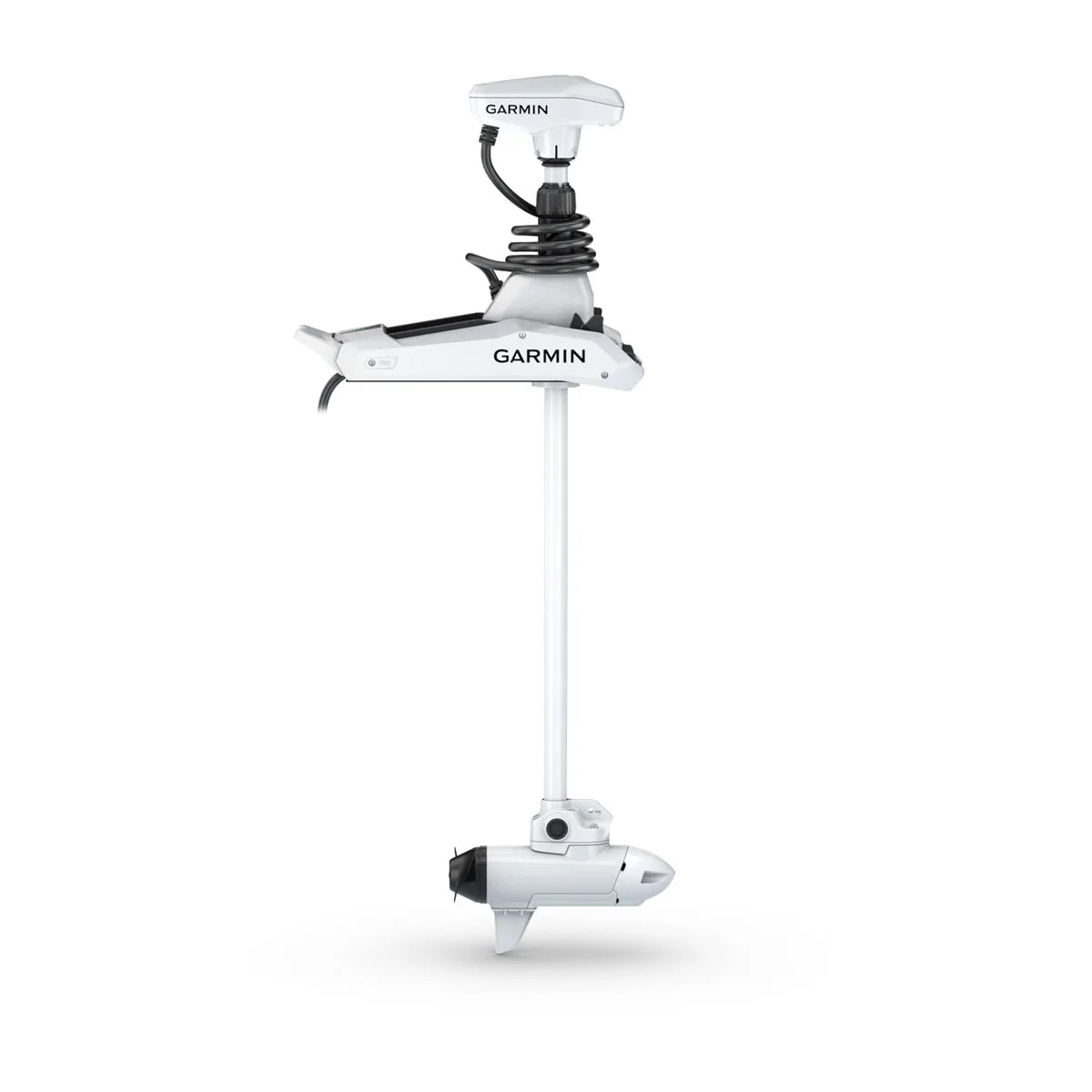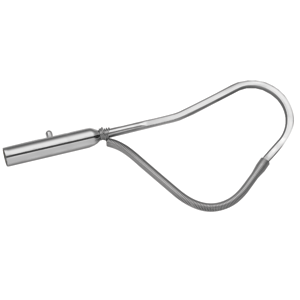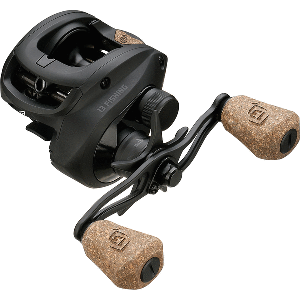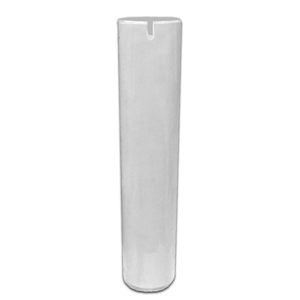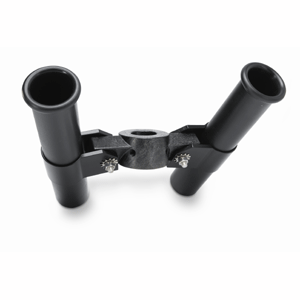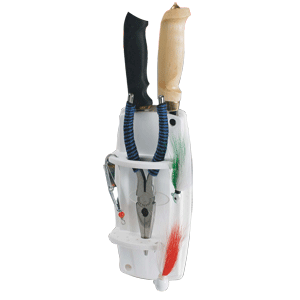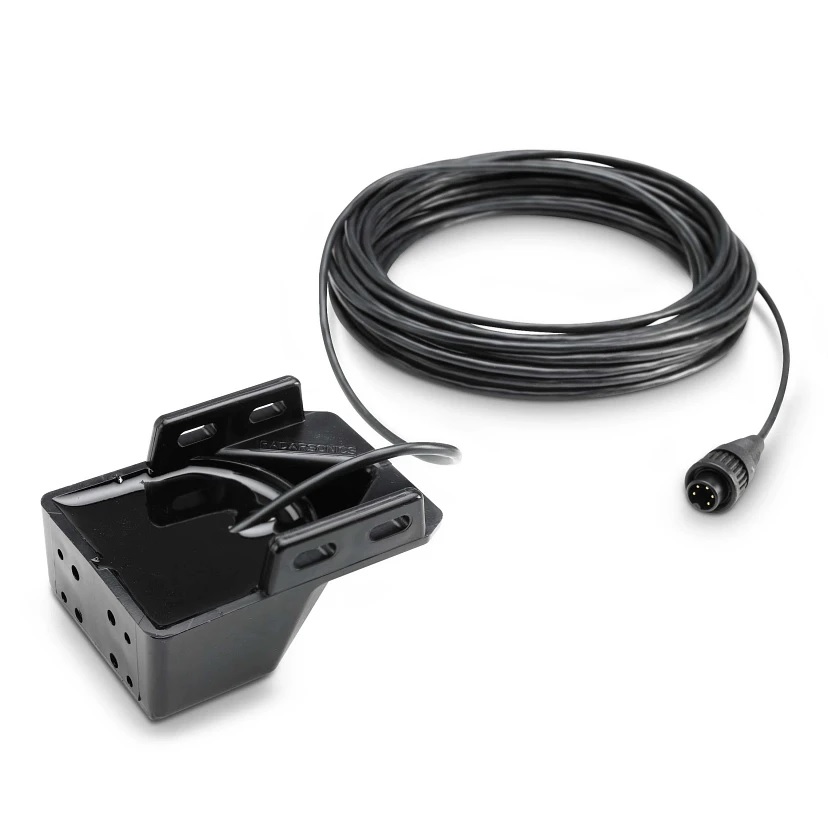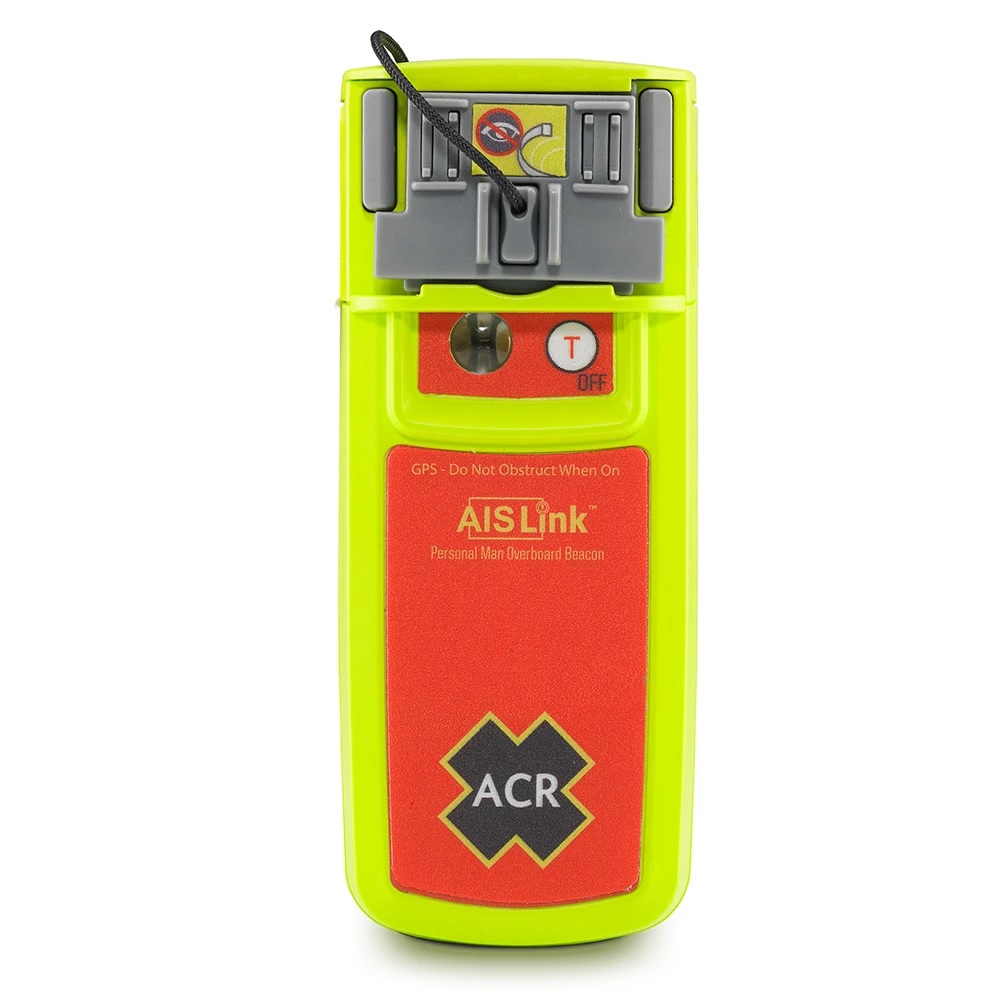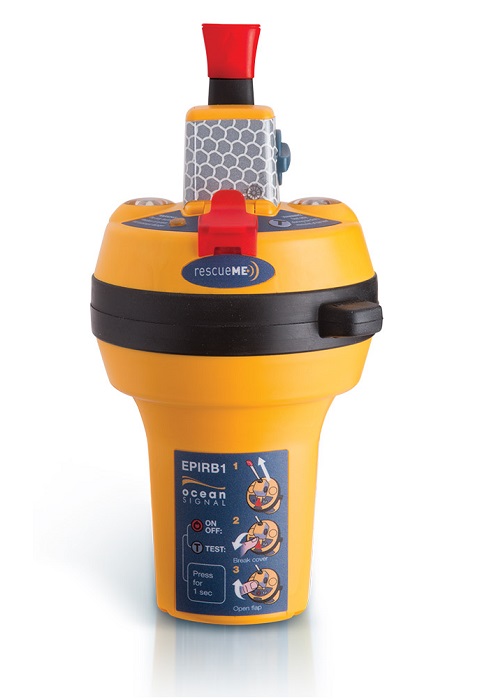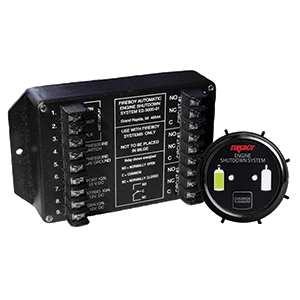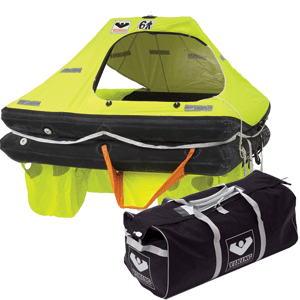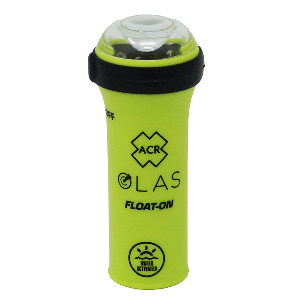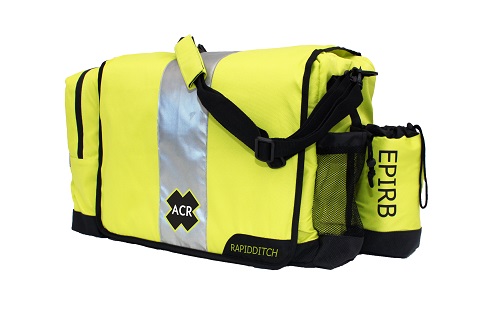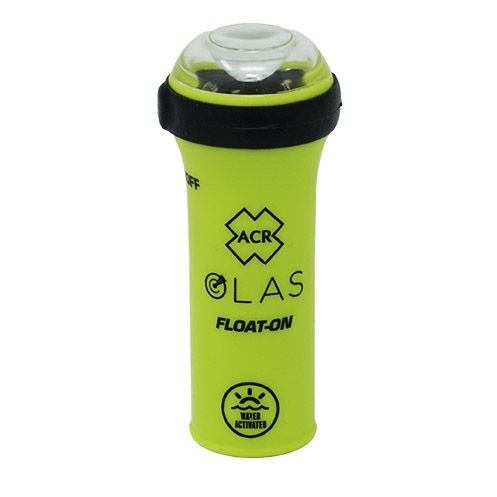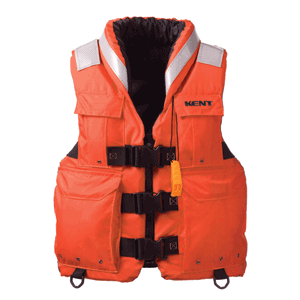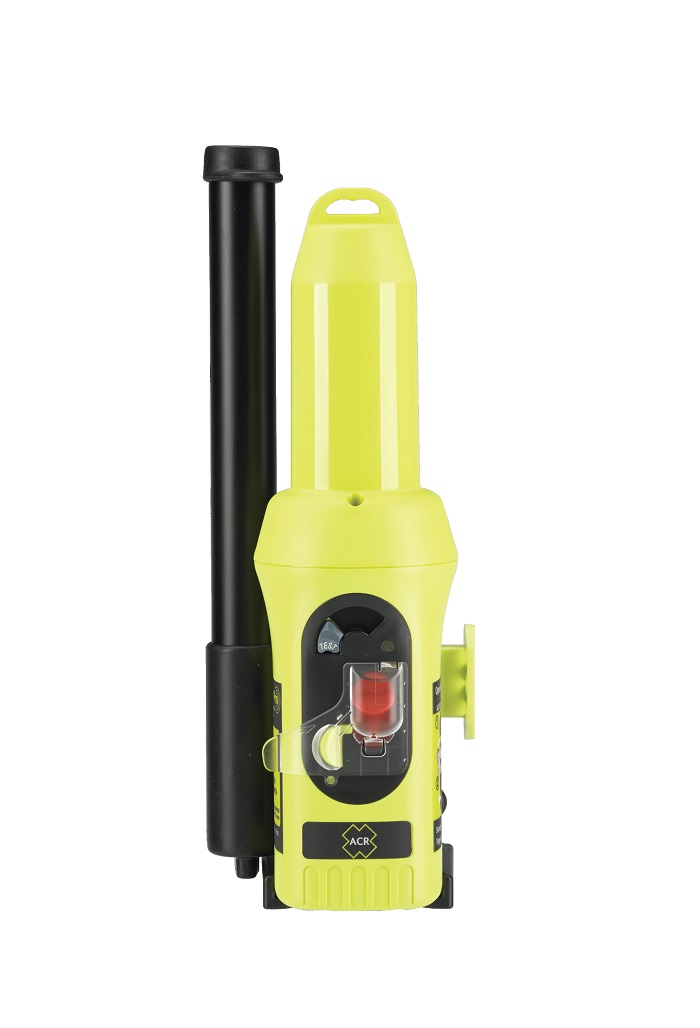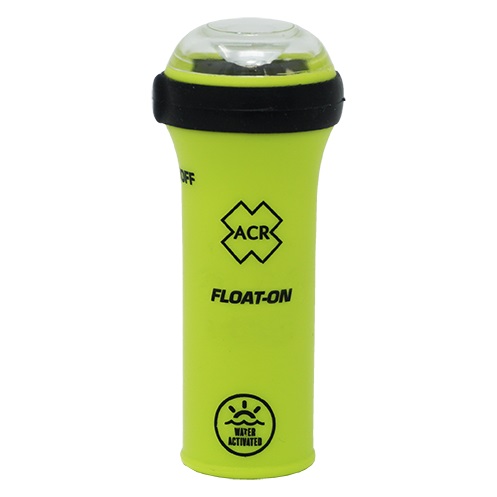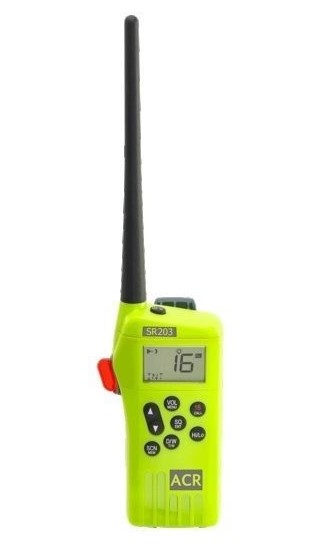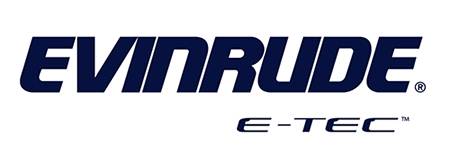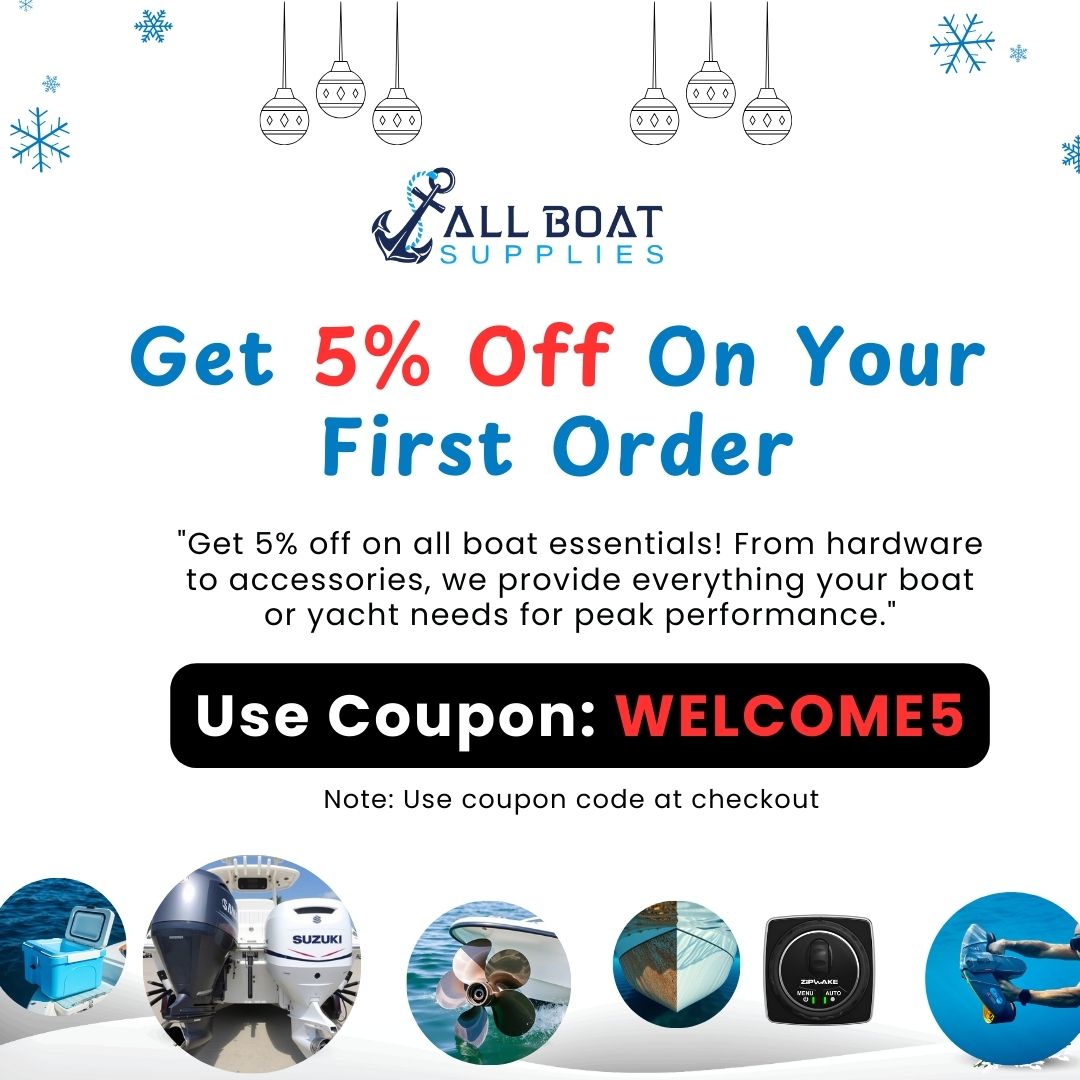“Essential Lower Unit Maintenance Tips for Saltwater Boats”
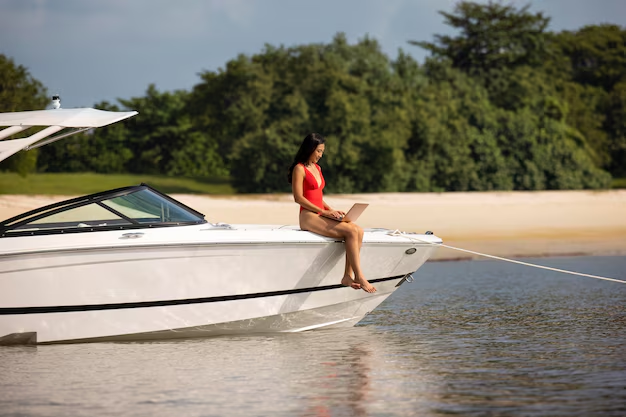
You Can Buy the Perfect Lower Unit for Your Boat at AllBoatSupplies.com
Owning a boat for saltwater environments comes with its unique set of challenges. One of the most critical parts of your boat is the lower unit, which houses essential components like the gearcase, propeller, and driveshaft. Proper maintenance of the lower unit is essential to ensure the longevity and smooth operation of your boat in harsh marine conditions. Saltwater boats, in particular, require extra care because saltwater can cause corrosion and other damage to metal components.
Here are some essential lower unit maintenance tips for saltwater boats to ensure your engine runs smoothly for years to come:
1. Regular Inspection of the Lower Unit
Inspecting the lower unit should be a routine task every time you use your boat. Before heading out to the water, check for visible damage like cracks or dents that could indicate a serious issue. Also, check for corrosion or wear on the propeller and skeg. This inspection helps identify potential problems early, preventing major repairs later.
2. Change the Gear Oil Regularly
Gear oil plays a significant role in lubricating the gears inside the lower unit. If the oil becomes contaminated with water—especially saltwater—it can cause internal rust and corrosion, damaging the gears. It is recommended to change the gear oil at least once a year or whenever you suspect contamination. Be sure to use marine-grade gear oil designed for saltwater conditions.
3. Clean the Propeller and Anode
The propeller is exposed to harsh conditions in saltwater, often picking up marine growth, debris, and barnacles. Remove the propeller after every outing and clean it thoroughly with a soft brush and fresh water. Pay attention to the anode, which helps protect the lower unit from electrolysis corrosion. If your anode is worn down, replace it to avoid electrical damage.
4. Lubricate the Moving Parts
Lubrication is key to keeping your lower unit working smoothly. Grease the propeller shaft, trim rods, and tilt mechanism regularly to prevent friction, rust, and saltwater damage. Ensure that you use marine-grade grease that is resistant to saltwater corrosion and provides long-lasting lubrication.
5. Inspect the Seal and Gasket
The seal and gasket protect the lower unit from water intrusion. A damaged seal can lead to water entering the lower unit, which may damage the gears and internal components. If you notice any signs of water in the gear oil during the oil change, it’s a clear indication that the seals may need replacement.
6. Protect from Corrosion with a Lower Unit Coat
Saltwater can wreak havoc on the lower unit by promoting corrosion and rust. Applying a corrosion-resistant coating to the lower unit can offer extra protection. Use marine-grade anti-corrosion sprays or coatings specifically designed for use in saltwater conditions. These coatings create a barrier that protects your boat’s lower unit from the harmful effects of saltwater exposure.
7. Check the Trim and Tilt System
The trim and tilt system controls the angle of the motor and affects how your boat rides through the water. This system is highly susceptible to corrosion, particularly in saltwater environments. Inspect the trim and tilt system regularly to ensure it’s functioning properly. Lubricate moving parts and check for leaks.
8. Replace Worn or Damaged Parts Promptly
Delaying the replacement of worn or damaged components can result in more costly repairs down the road. Common parts that may need replacing include seals, bushings, bearings, and the propeller. Always replace damaged parts as soon as possible to avoid major breakdowns during your boating season.
9. Use a Lower Unit Protector When Storing
When storing your boat for the offseason, it’s important to protect the lower unit. Use a lower unit protector or cover to shield the unit from environmental exposure. This will help prevent corrosion from moisture or salt buildup during the off-season.
10. Professional Maintenance
While regular DIY maintenance is essential, professional servicing is also critical. A marine mechanic can provide a thorough inspection of your lower unit, checking areas you may have missed and performing tasks that require specialized tools. Scheduling annual maintenance from a professional can prolong the life of your boat and ensure it’s ready for the next season.
By following these lower unit maintenance tips, you’ll not only prolong the life of your boat but also avoid costly repairs. Saltwater conditions are harsh, but with the right care and attention, your boat can continue to deliver reliable performance year after year.
